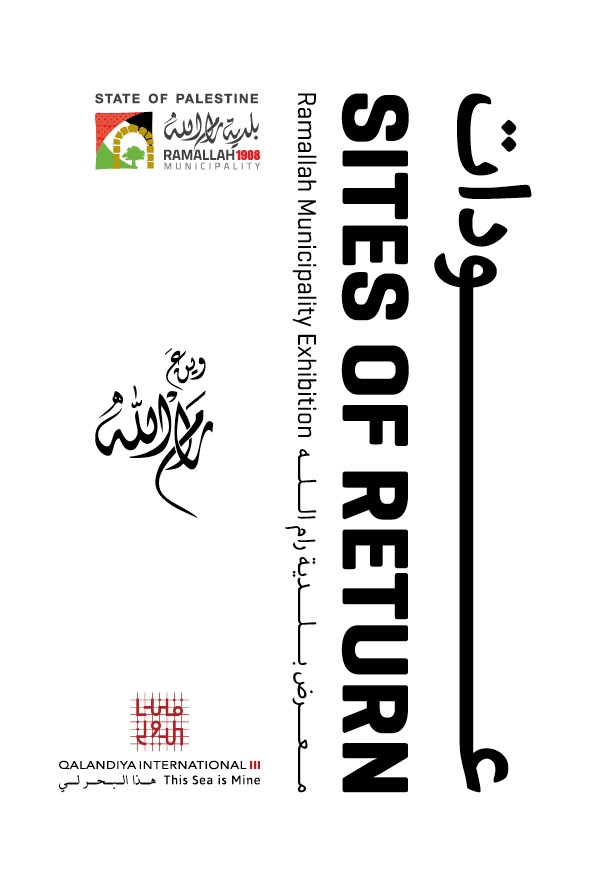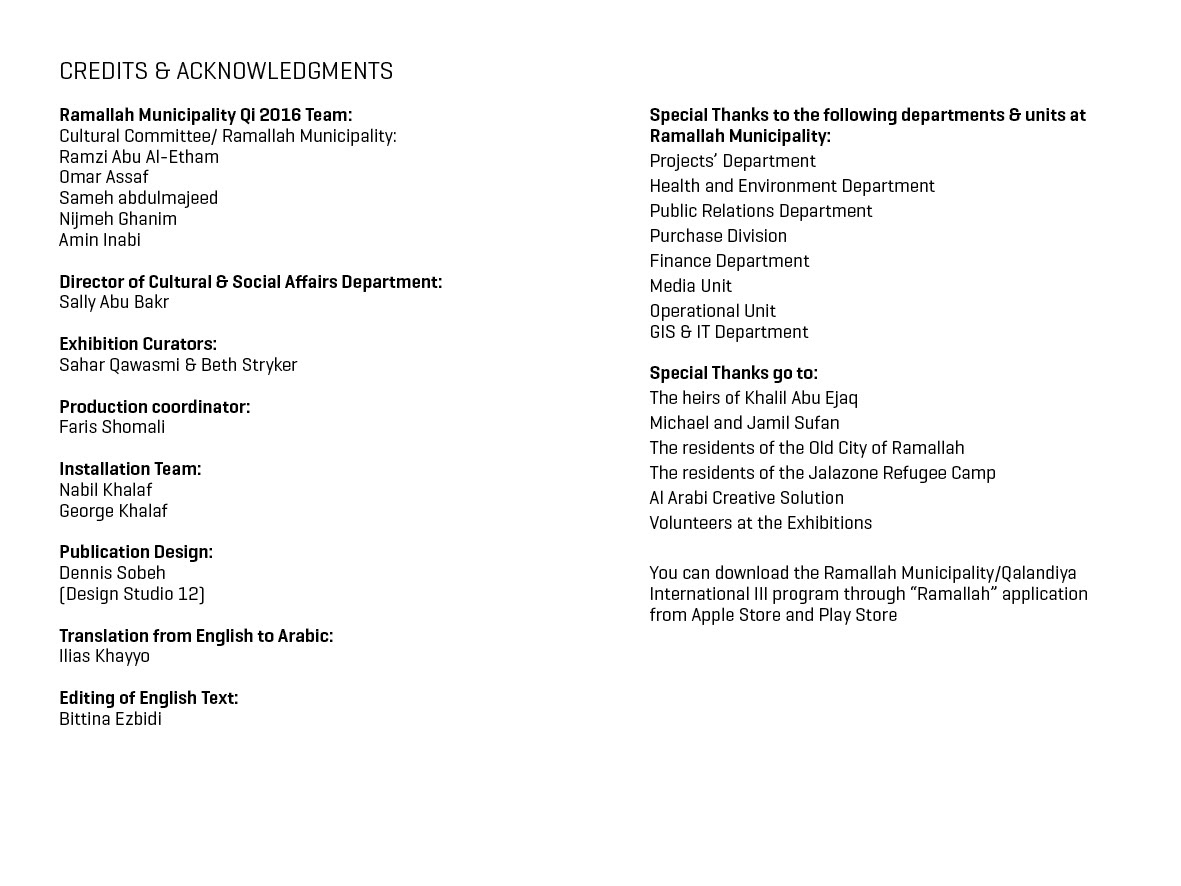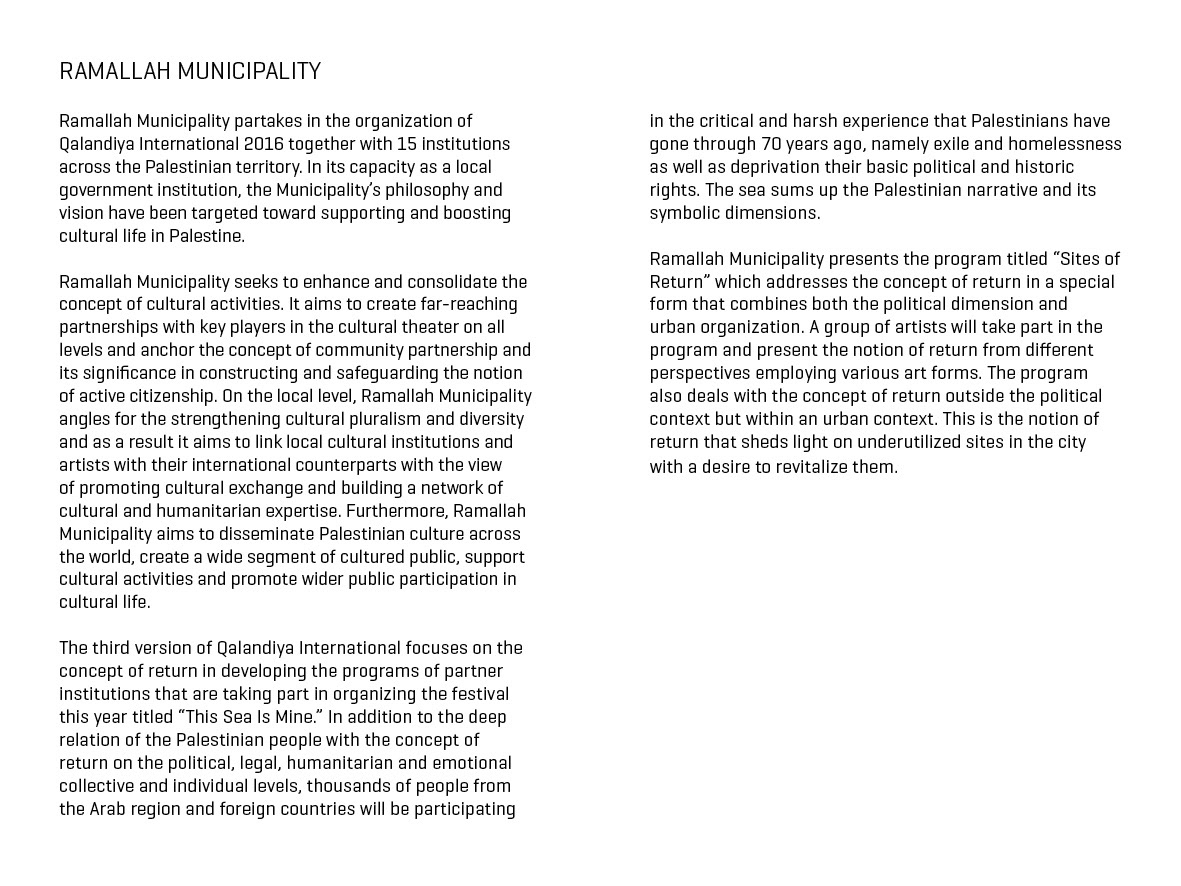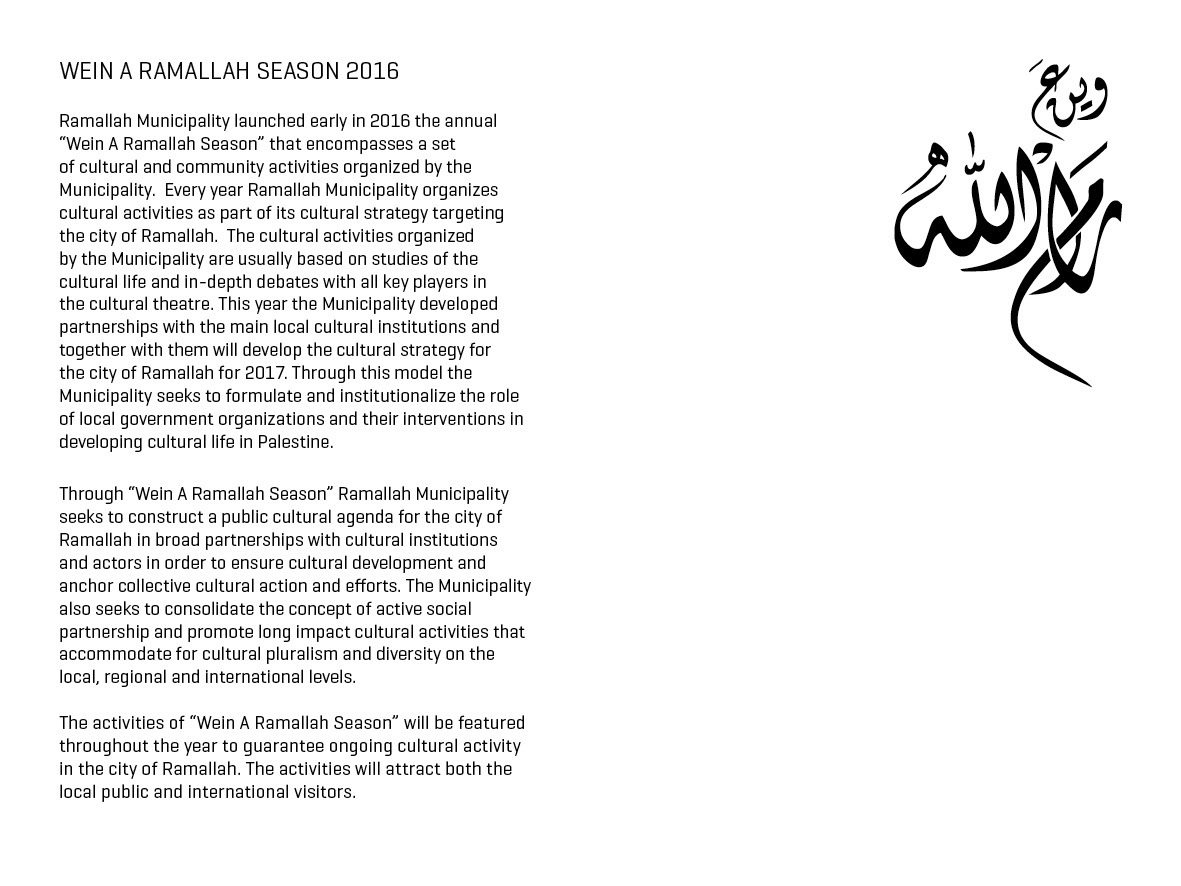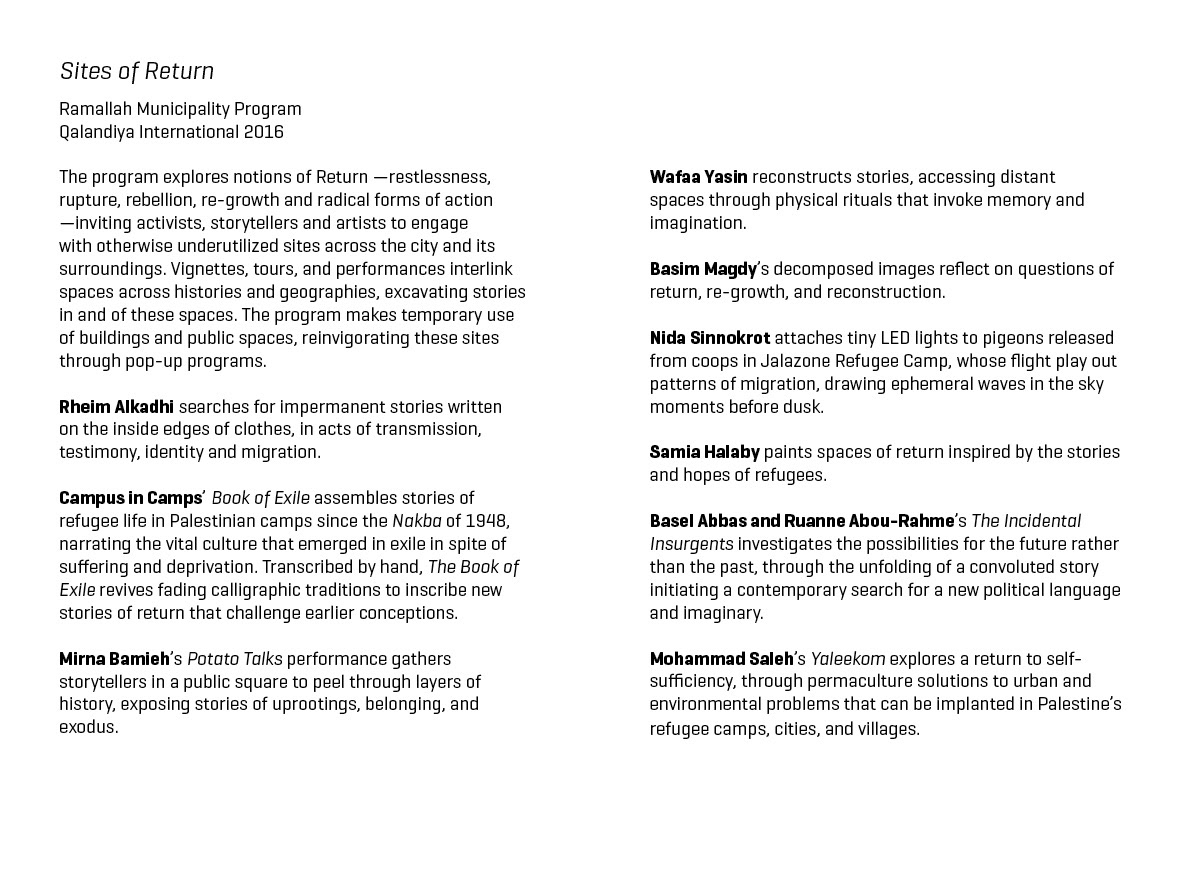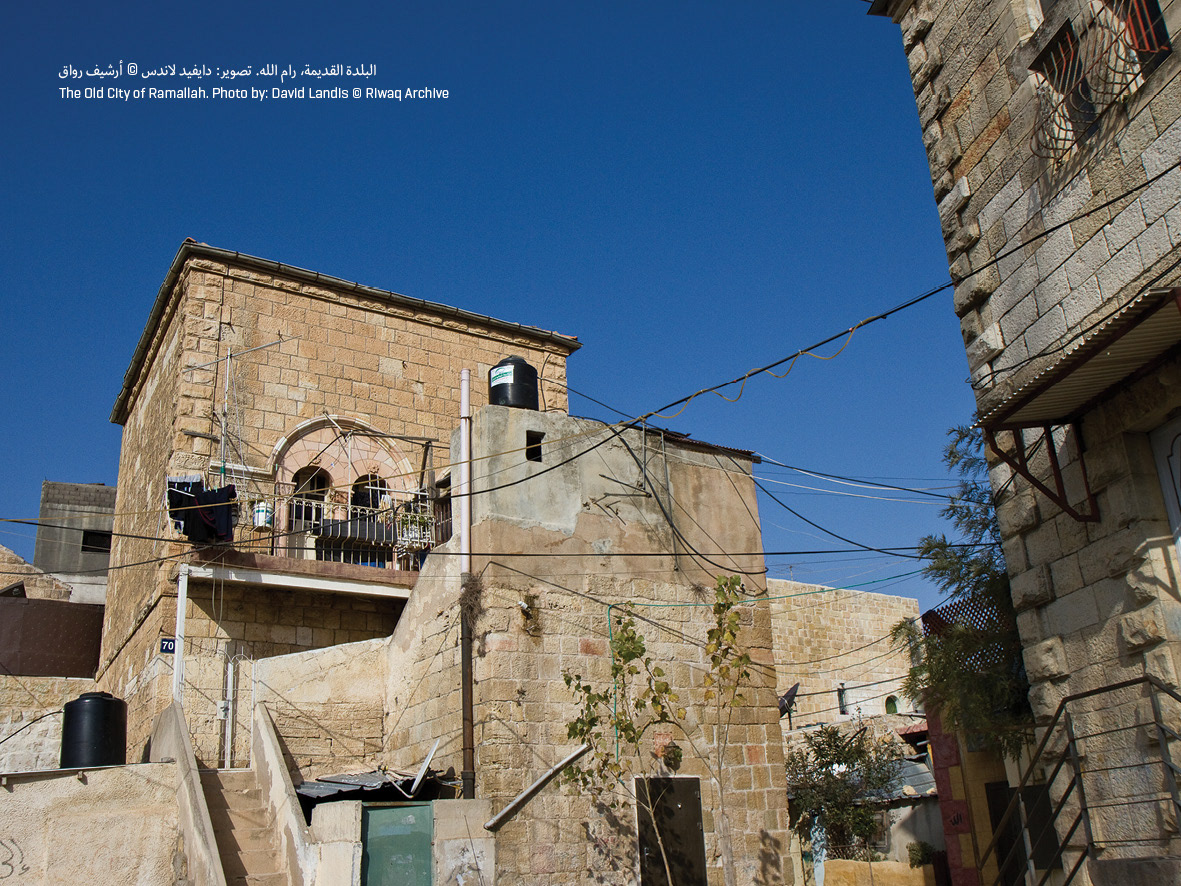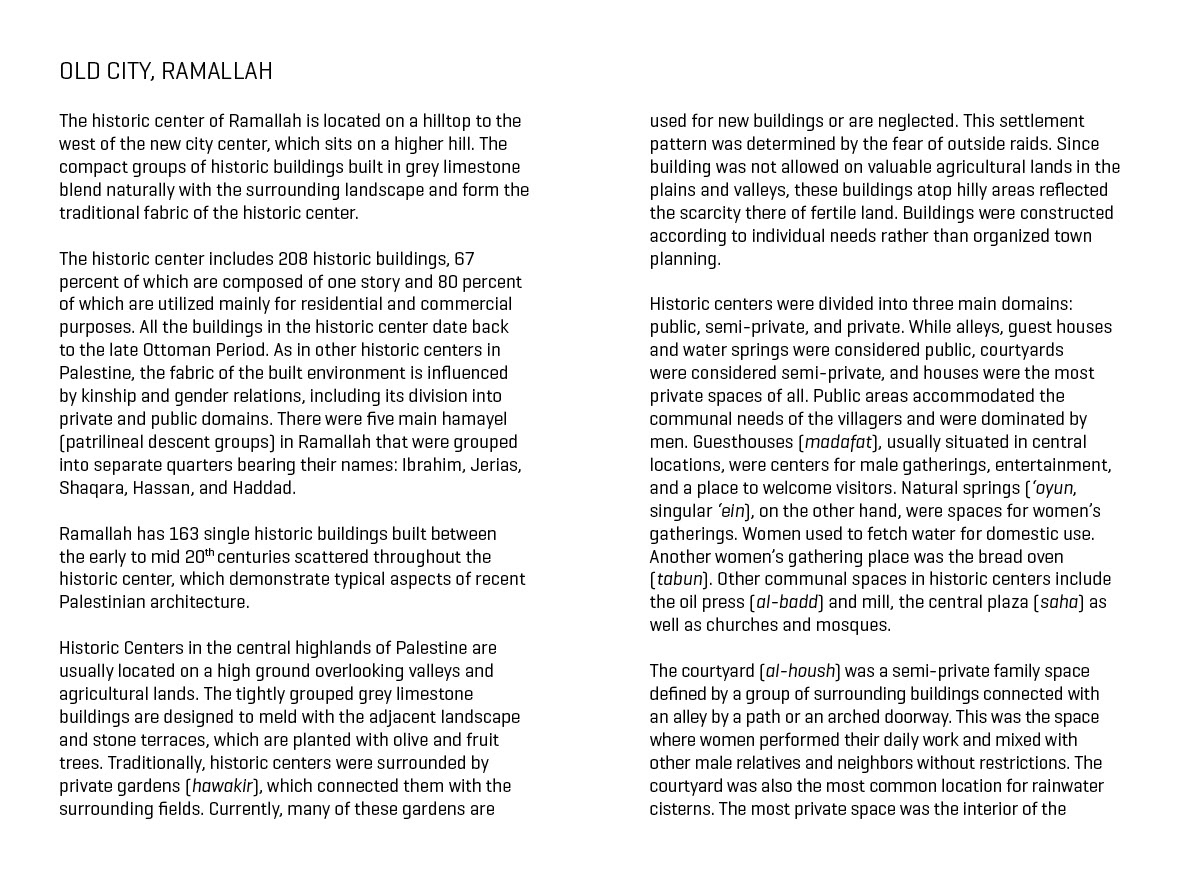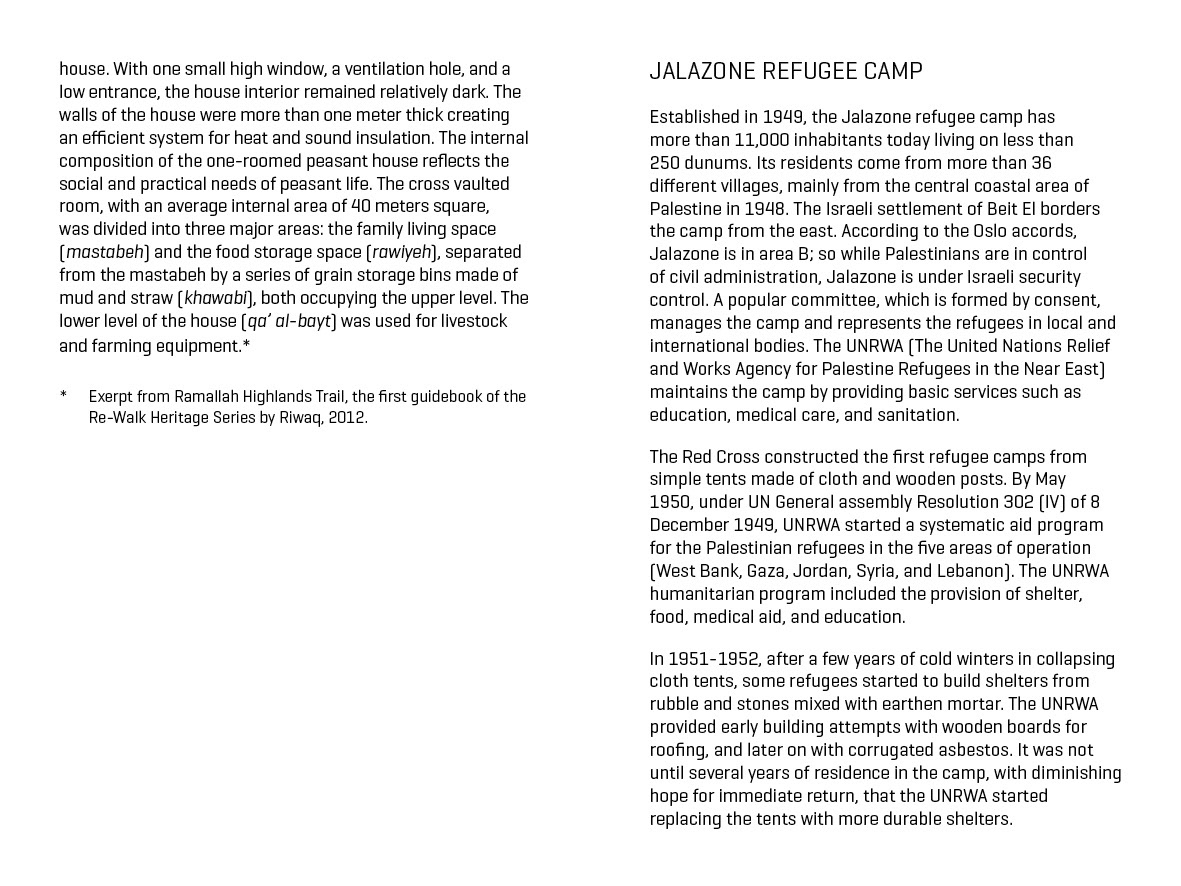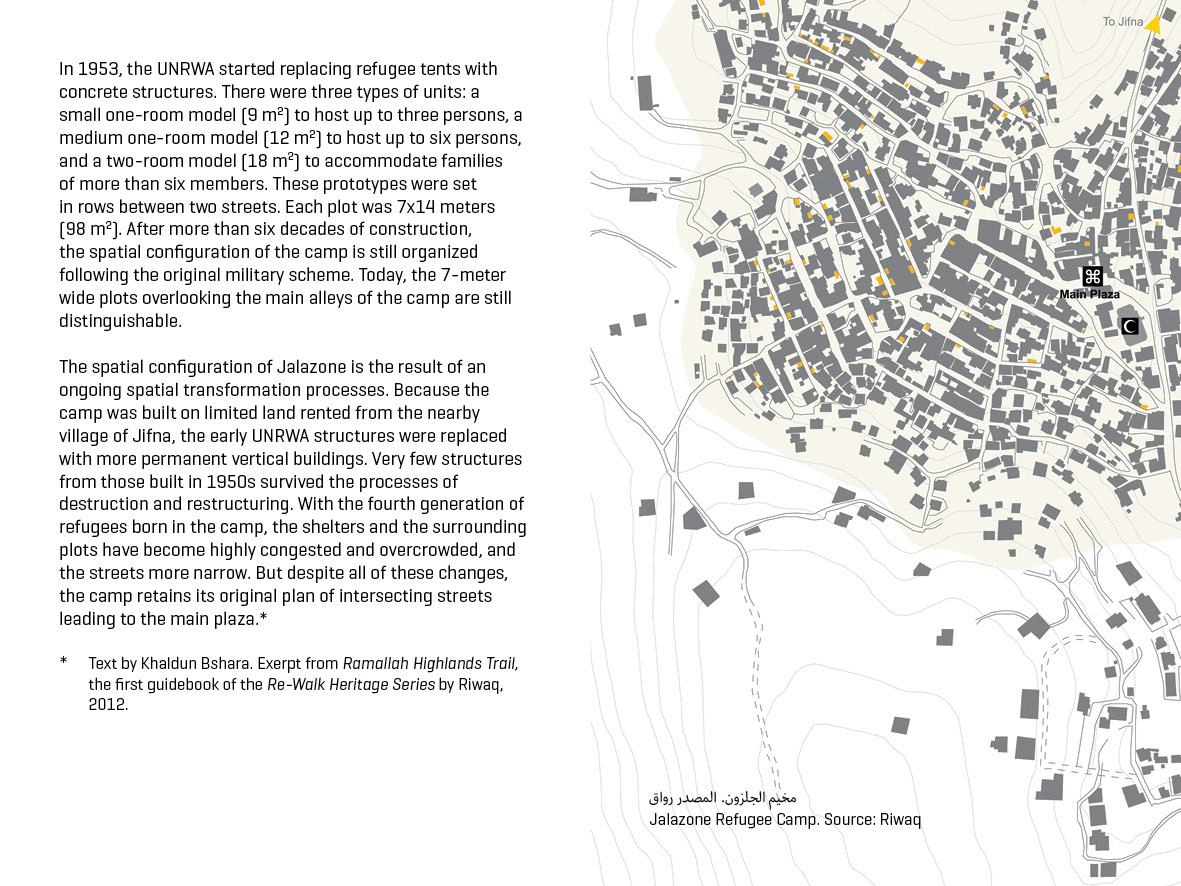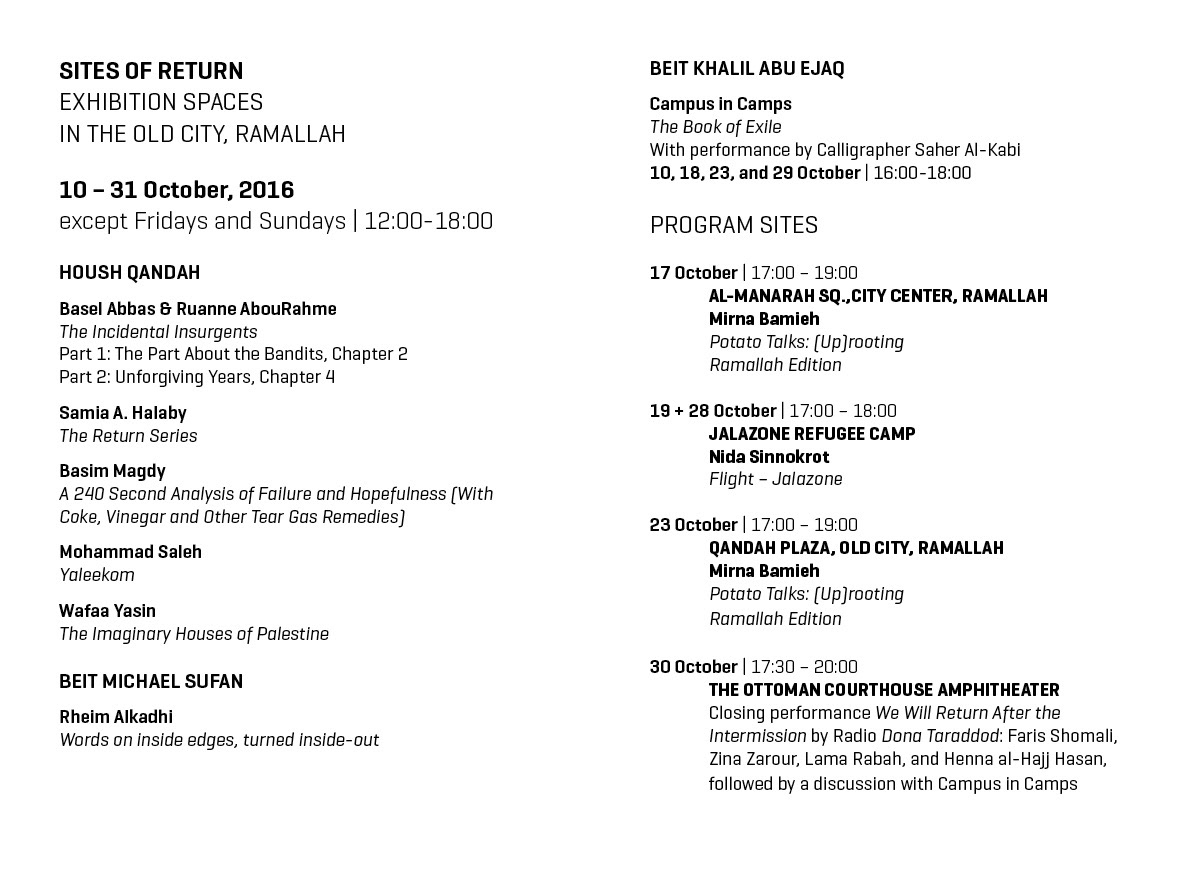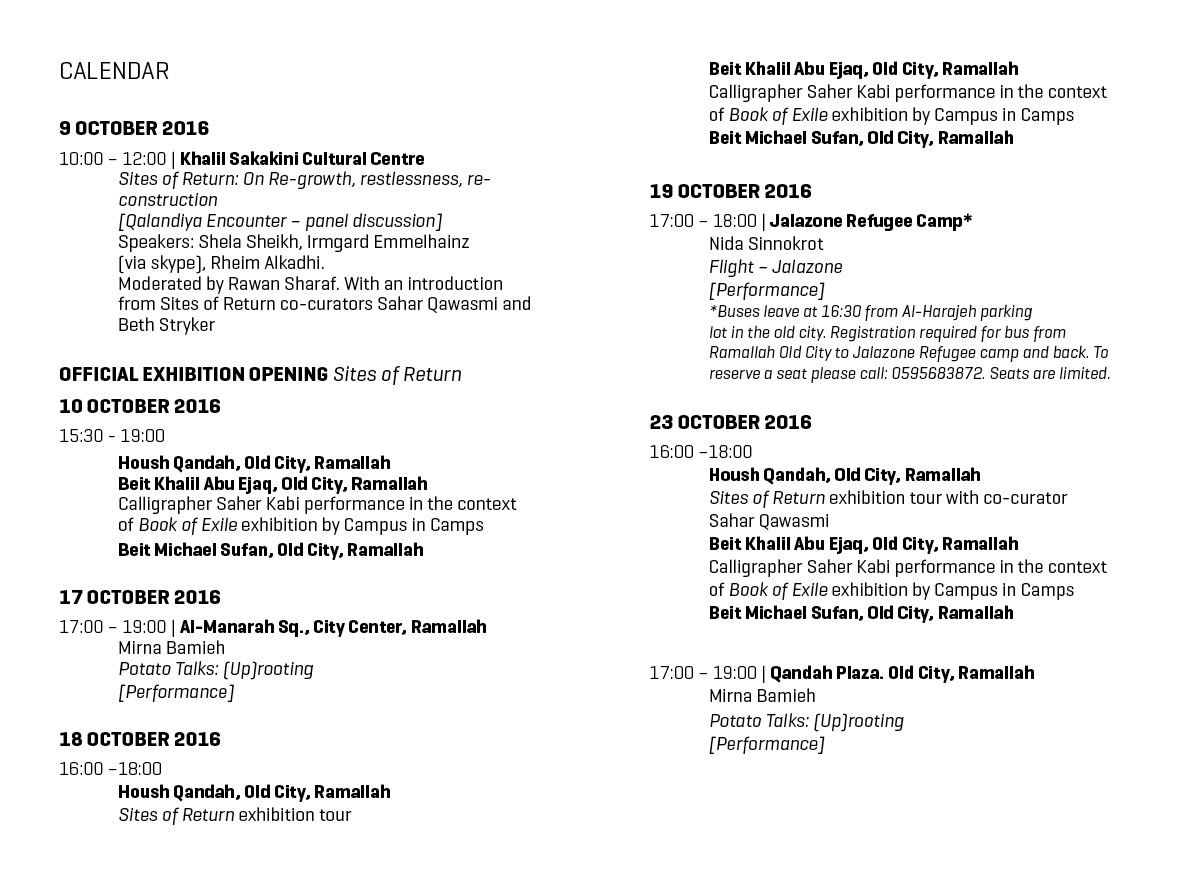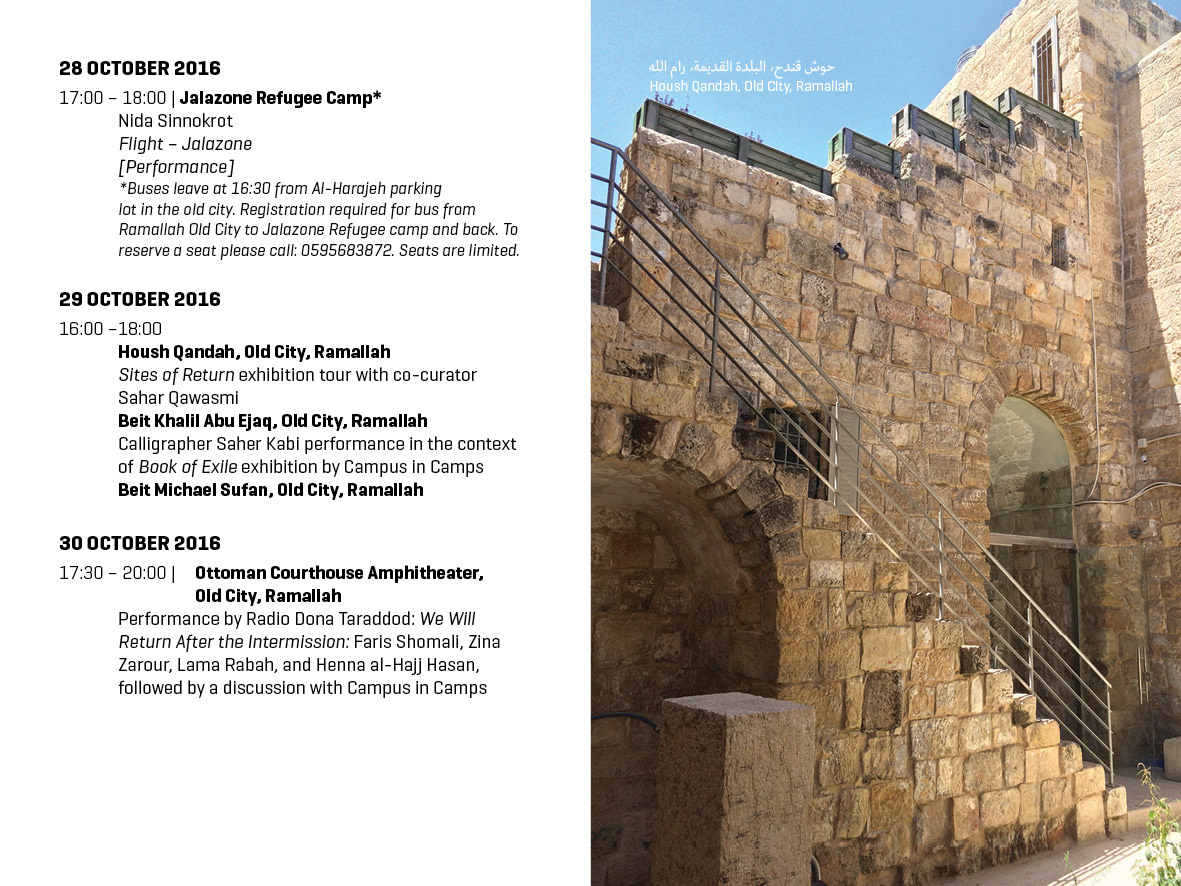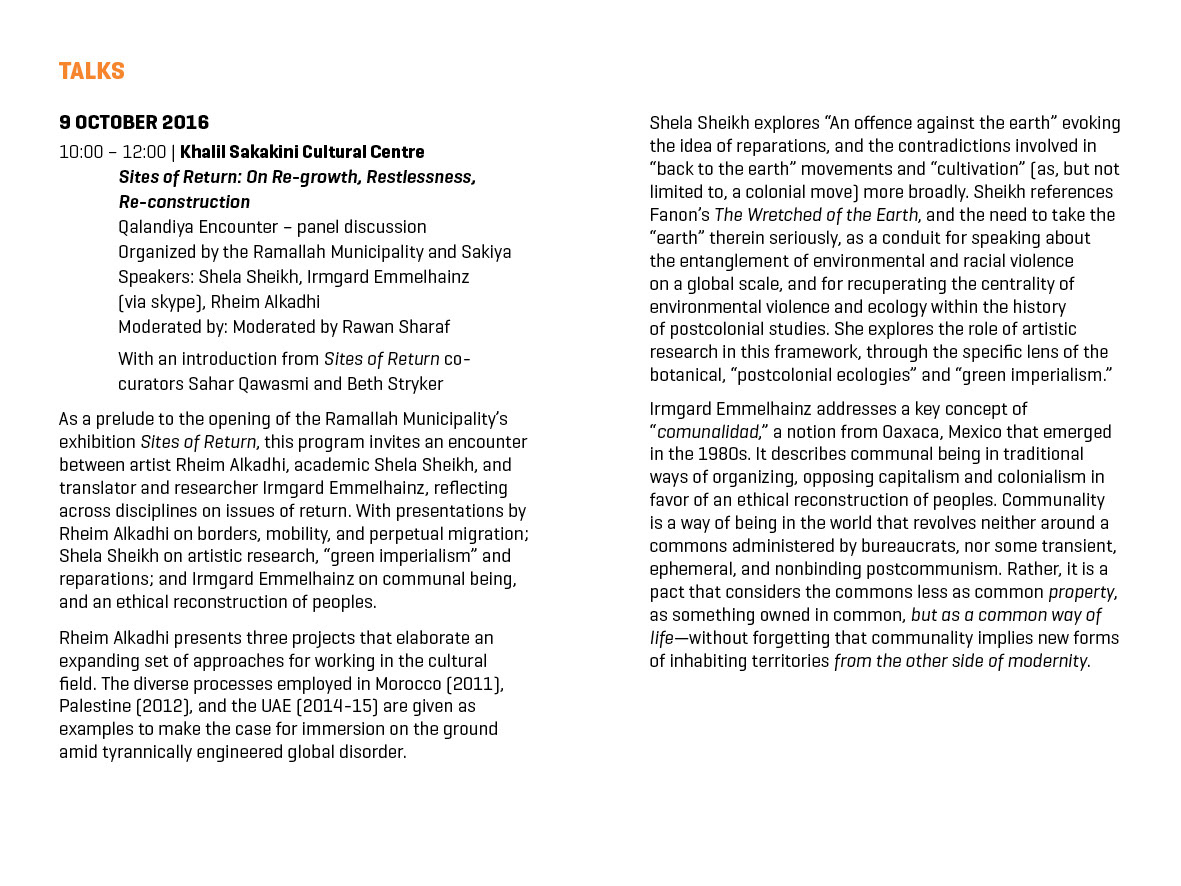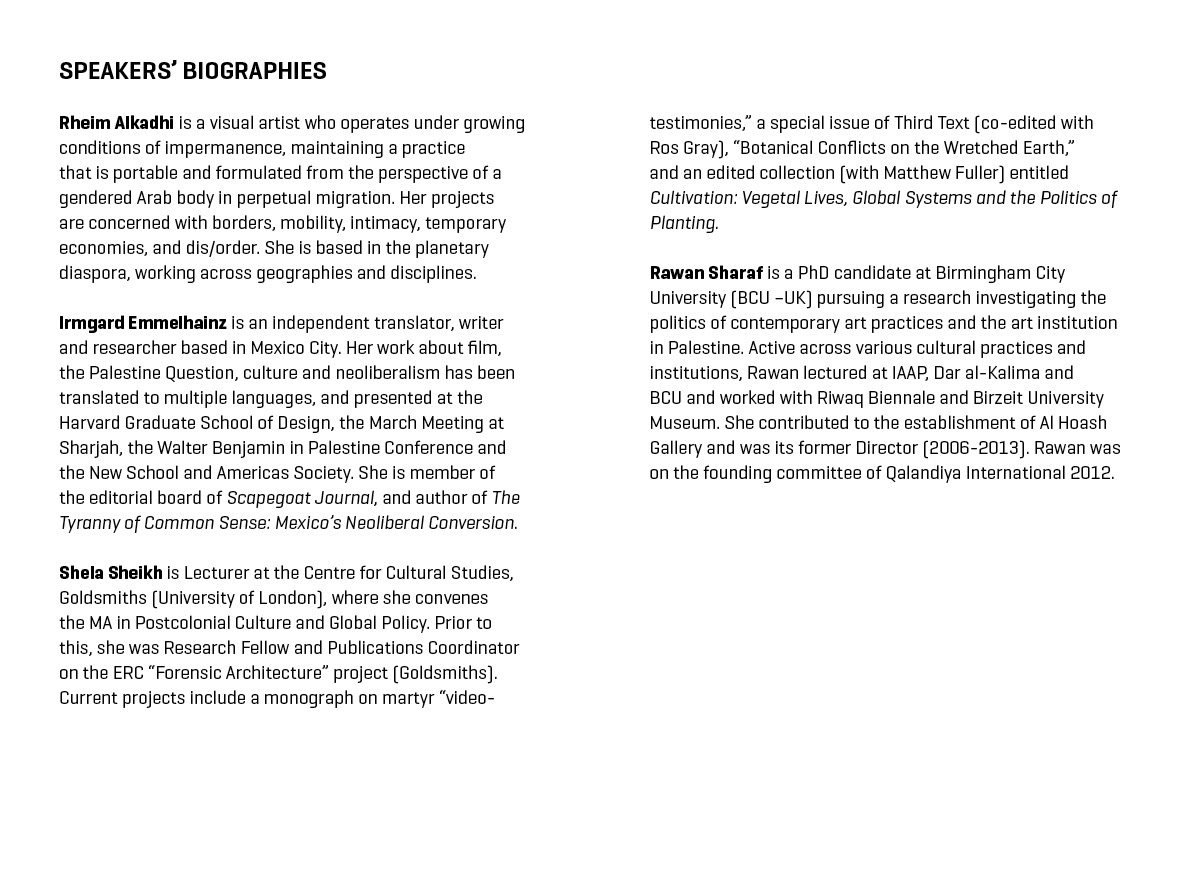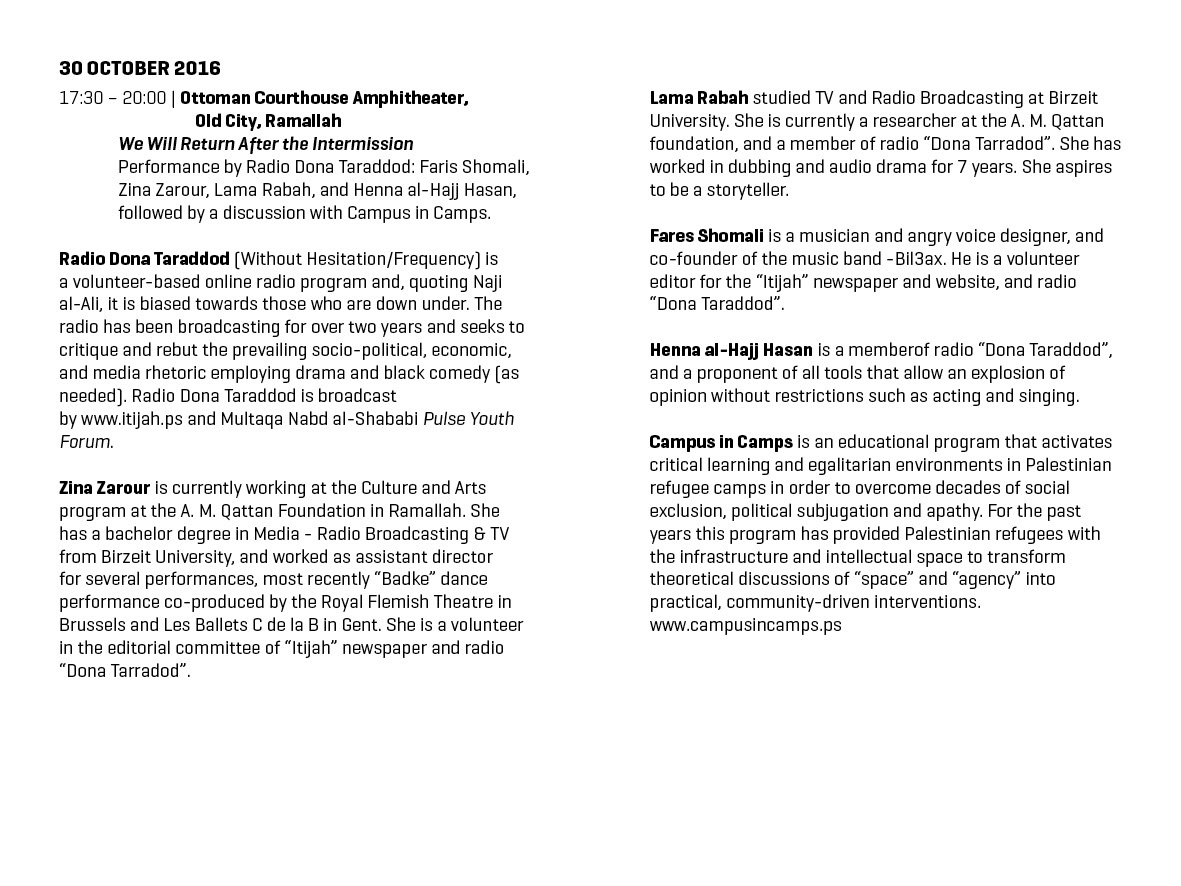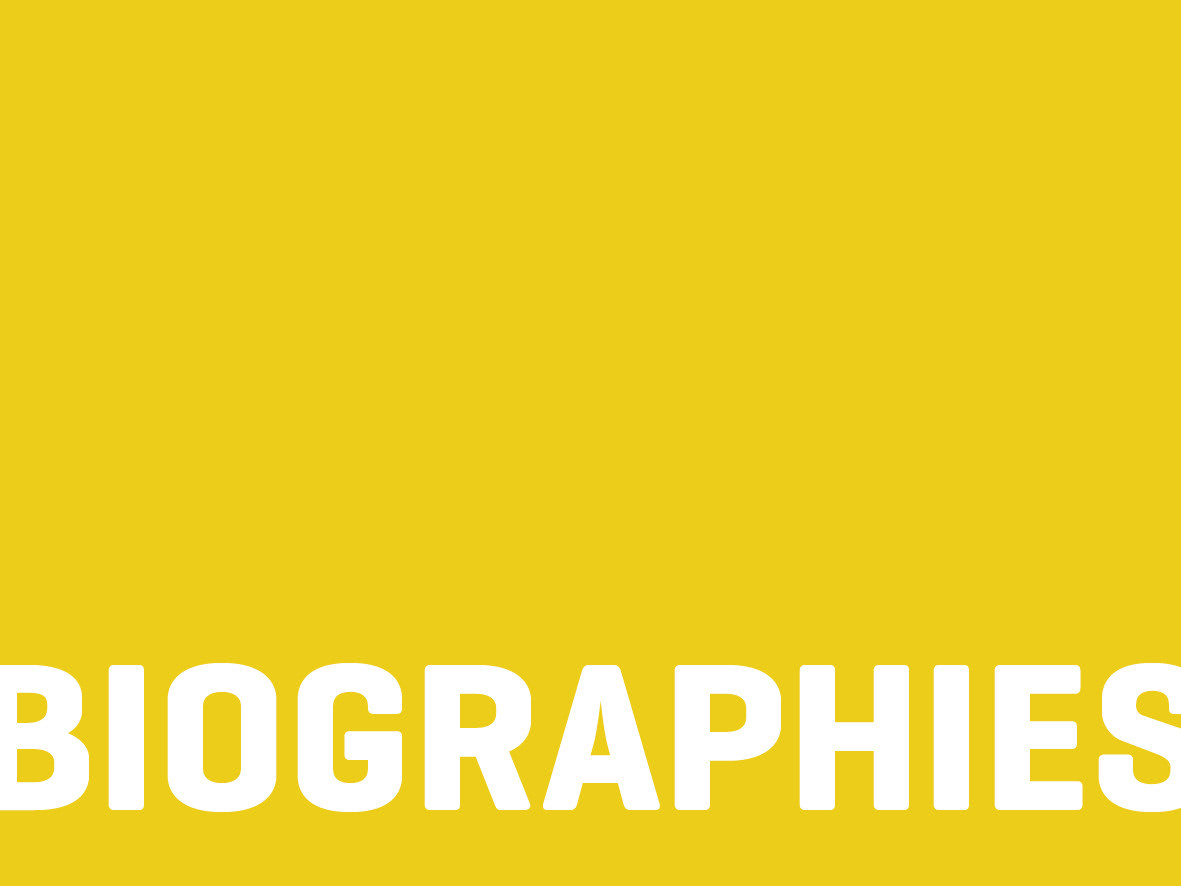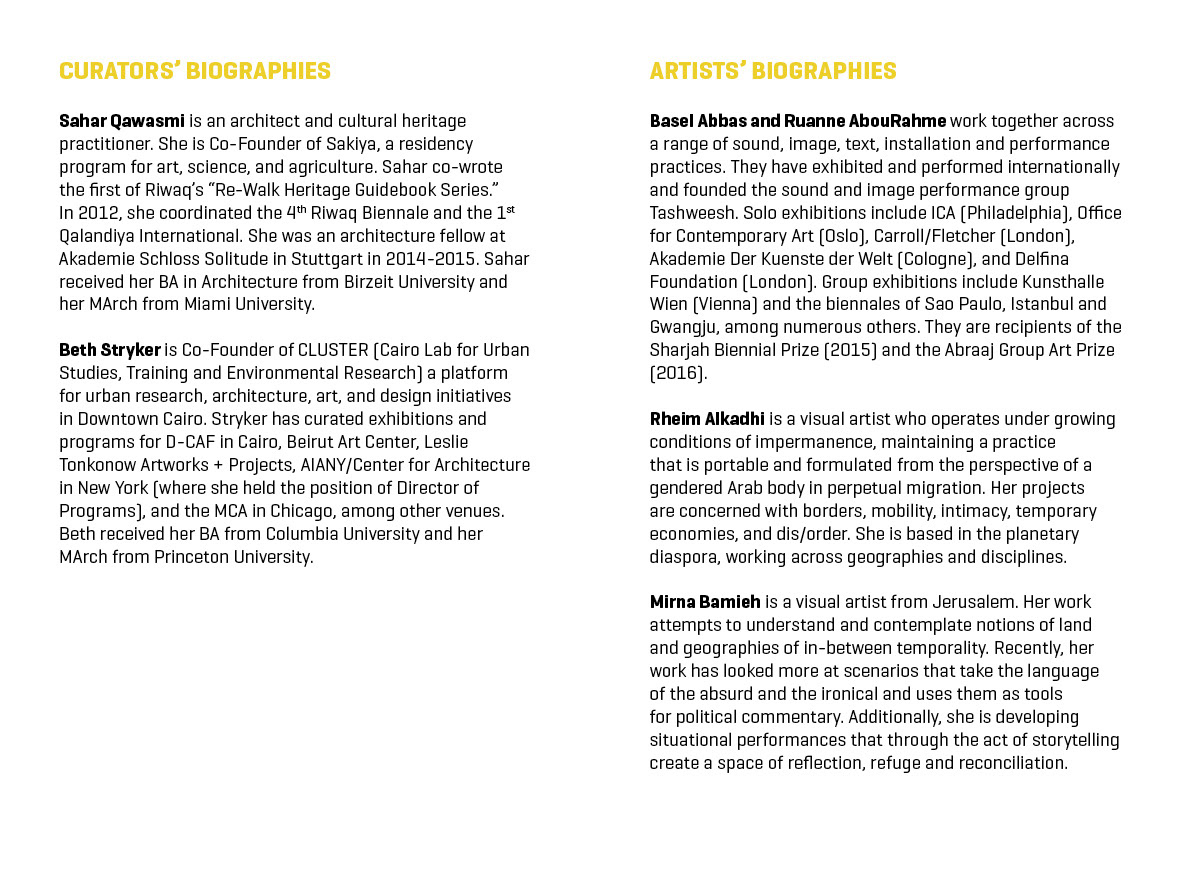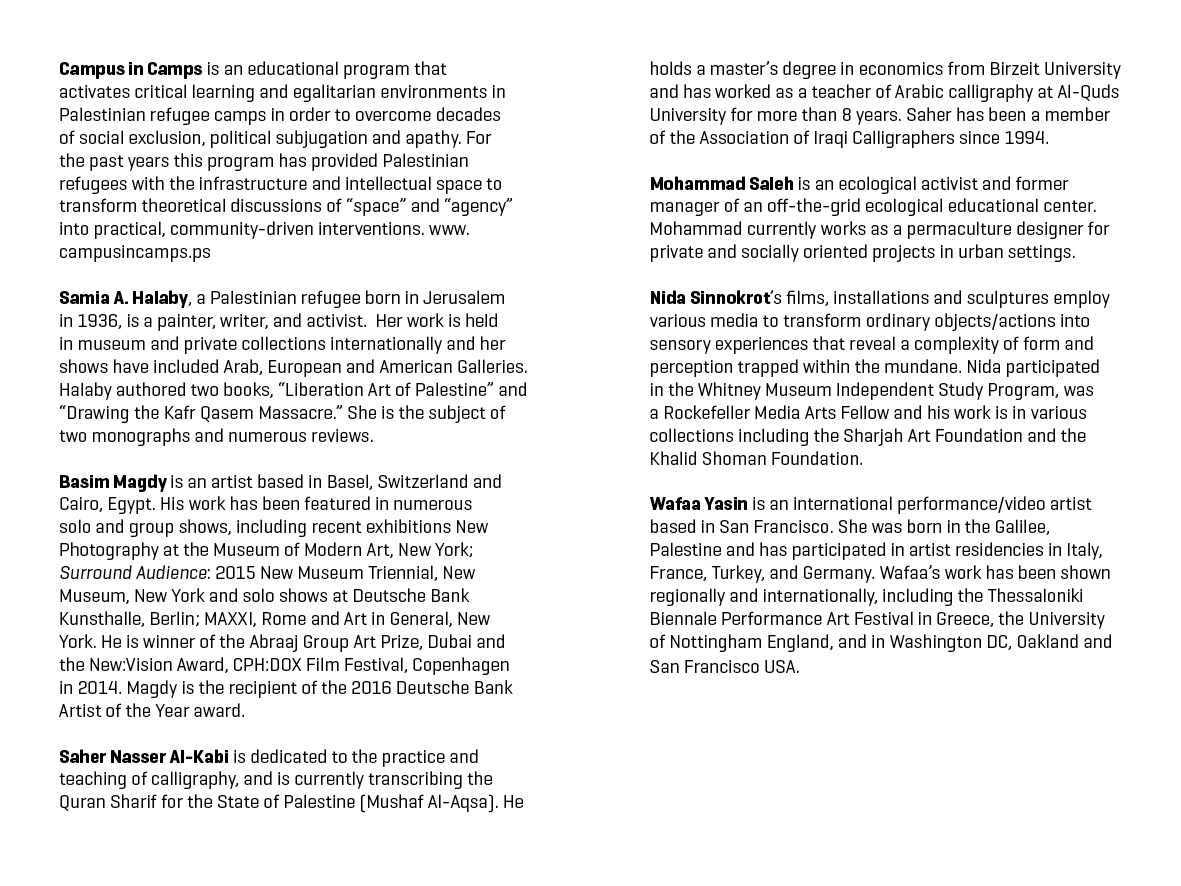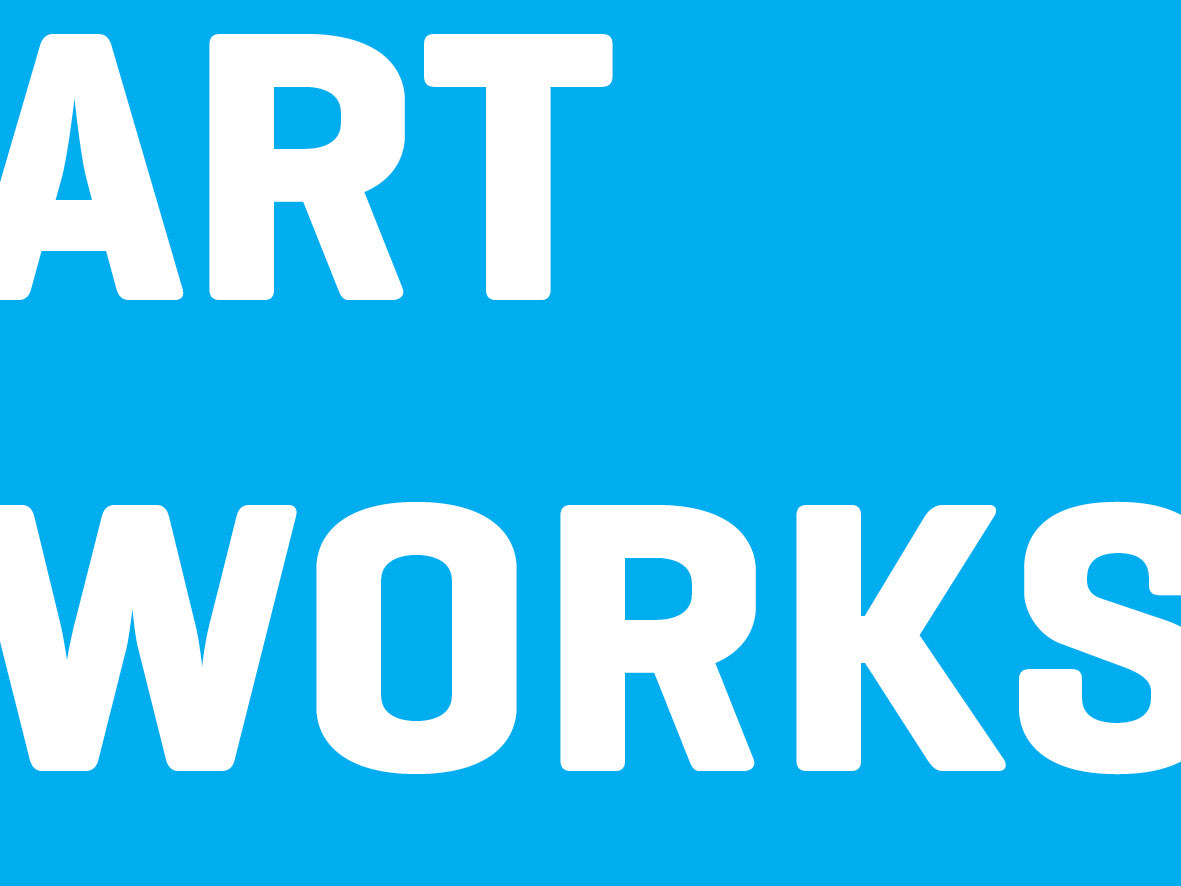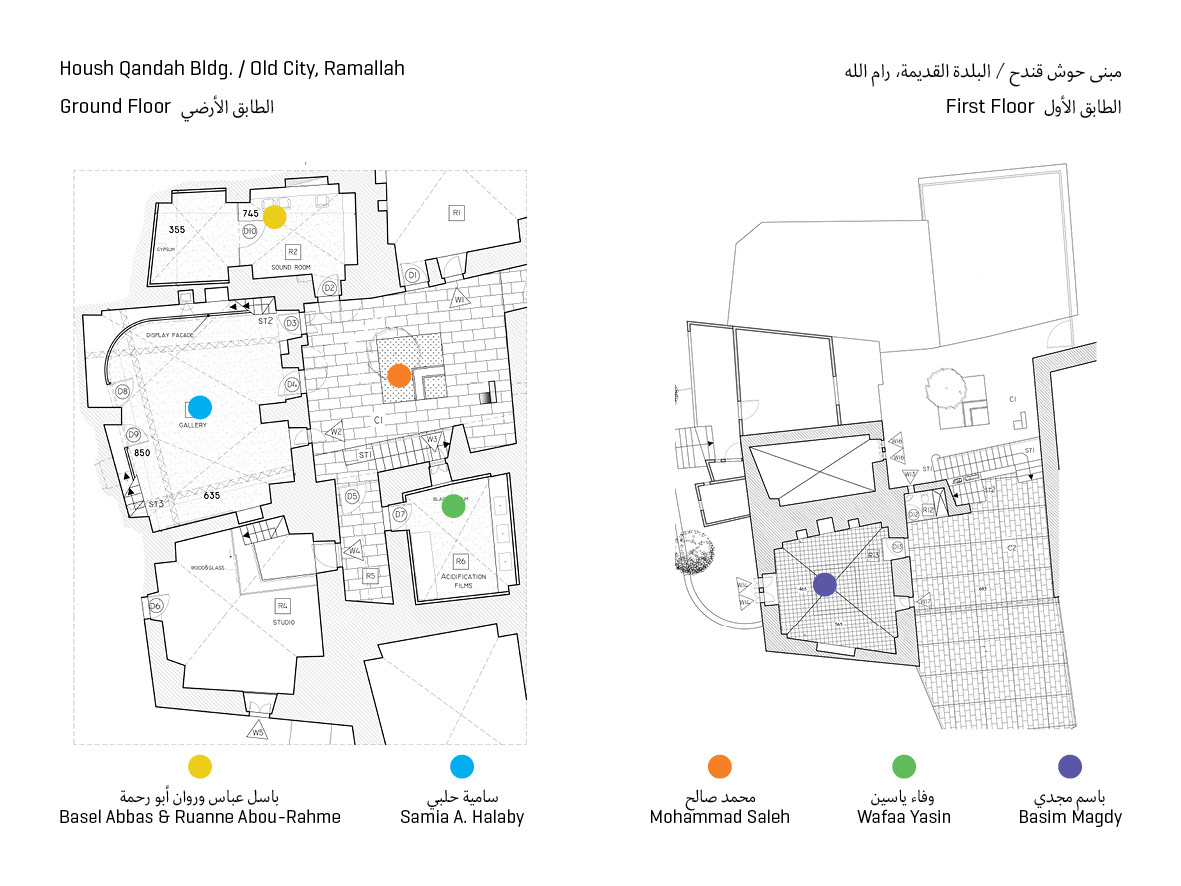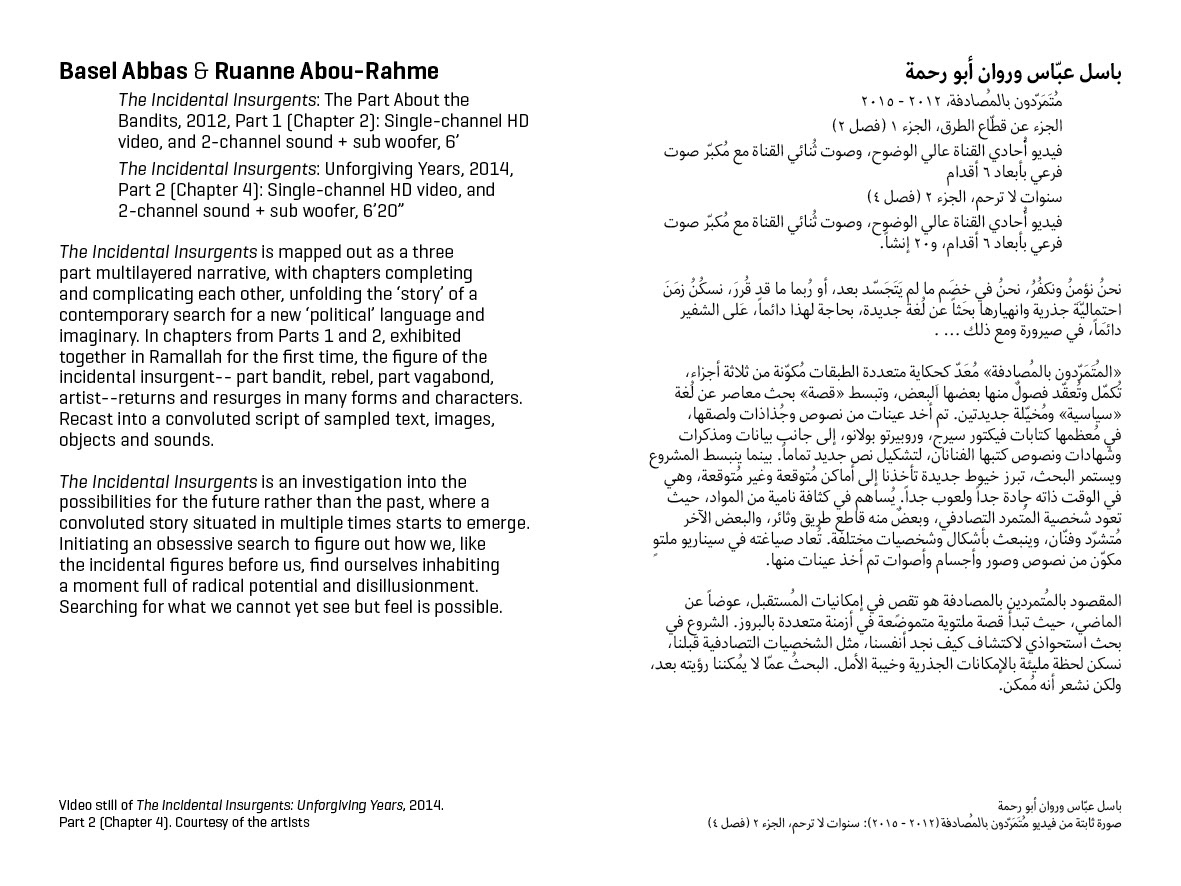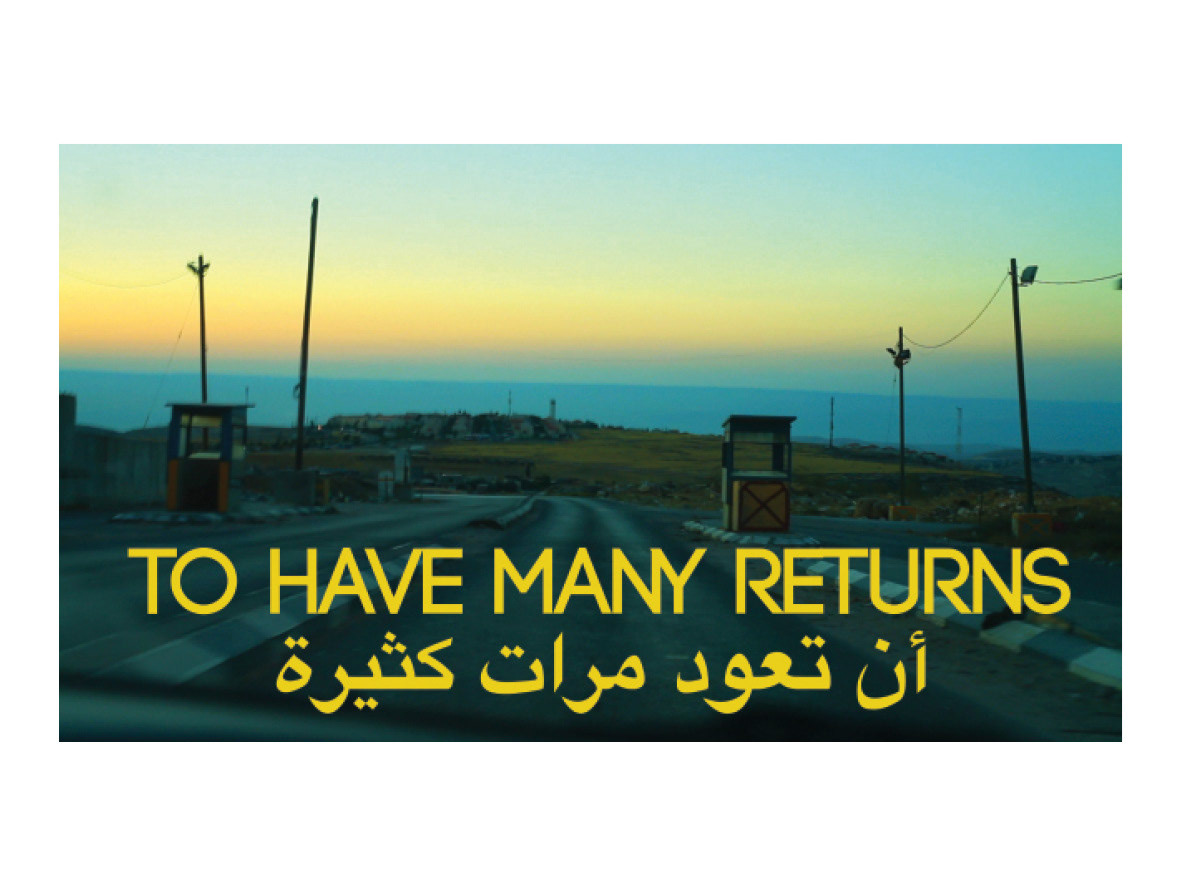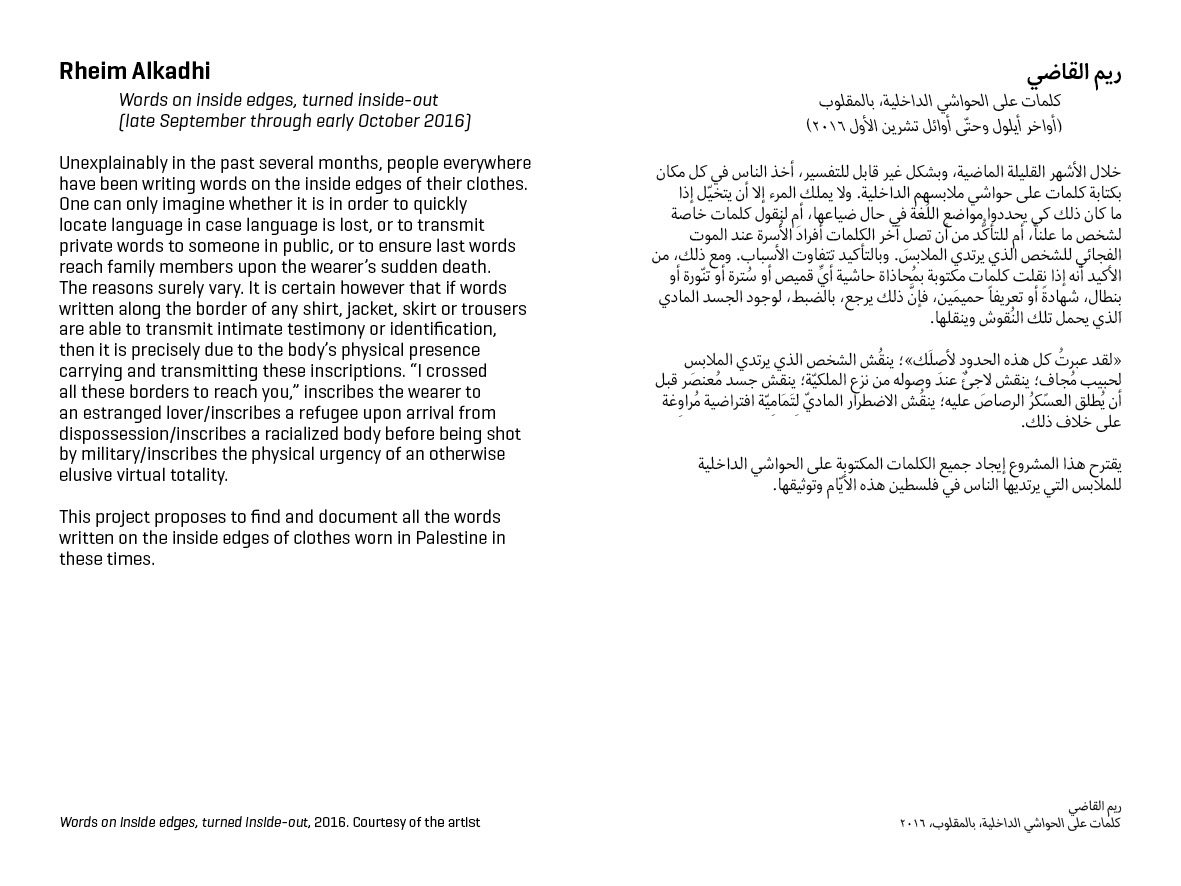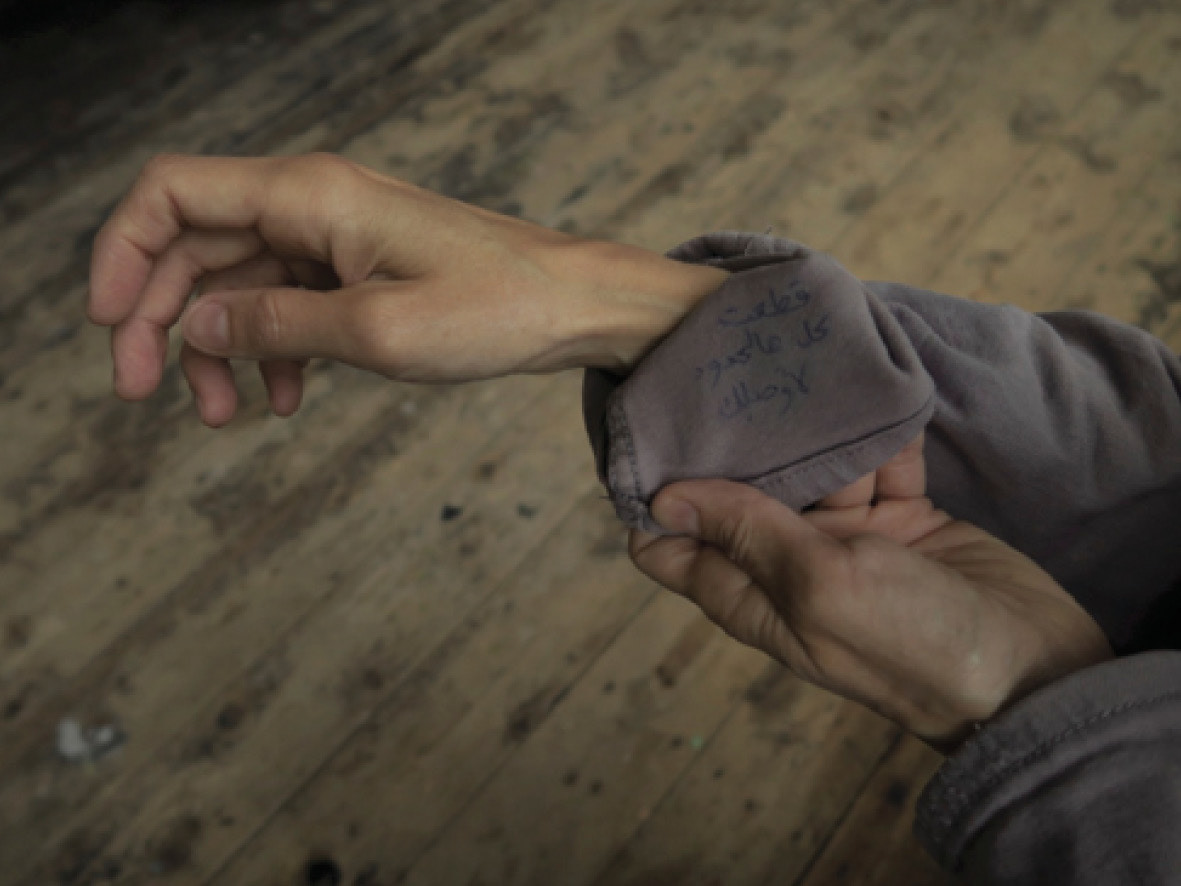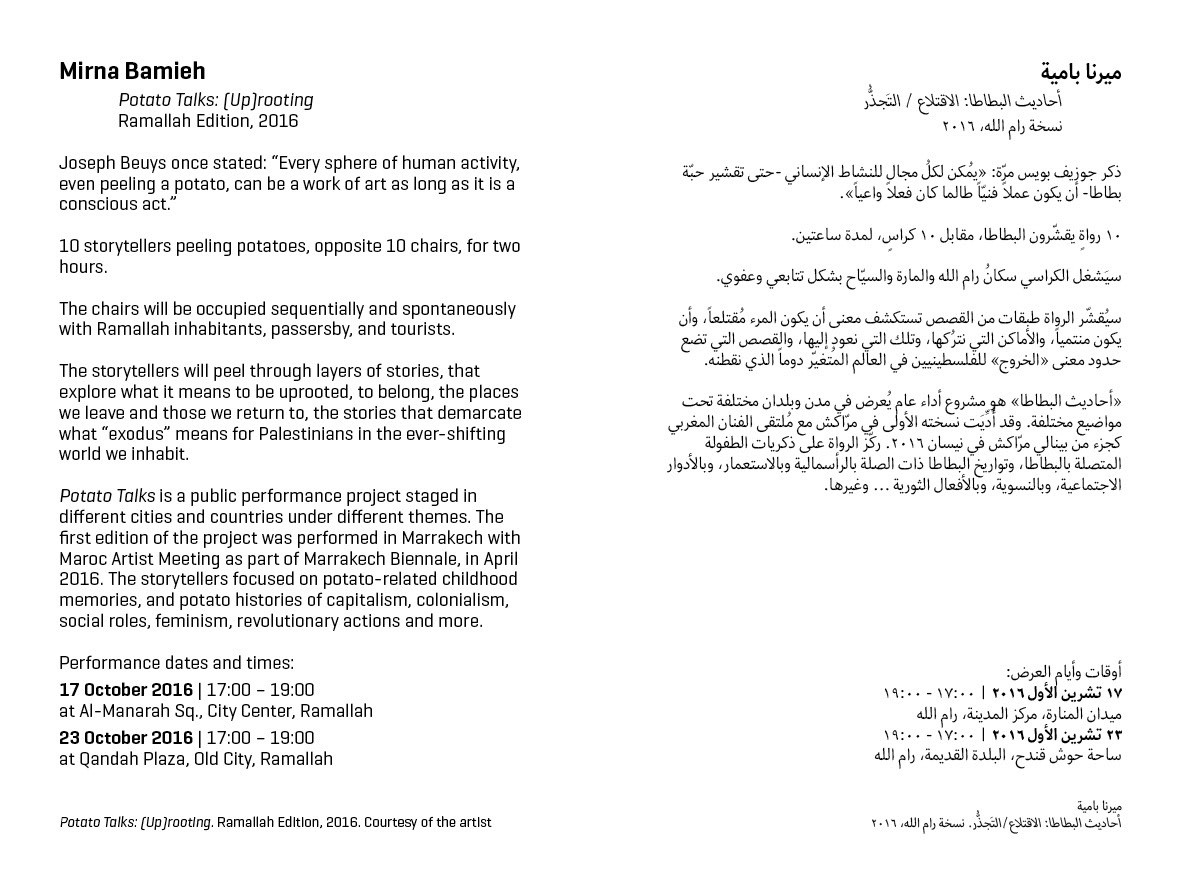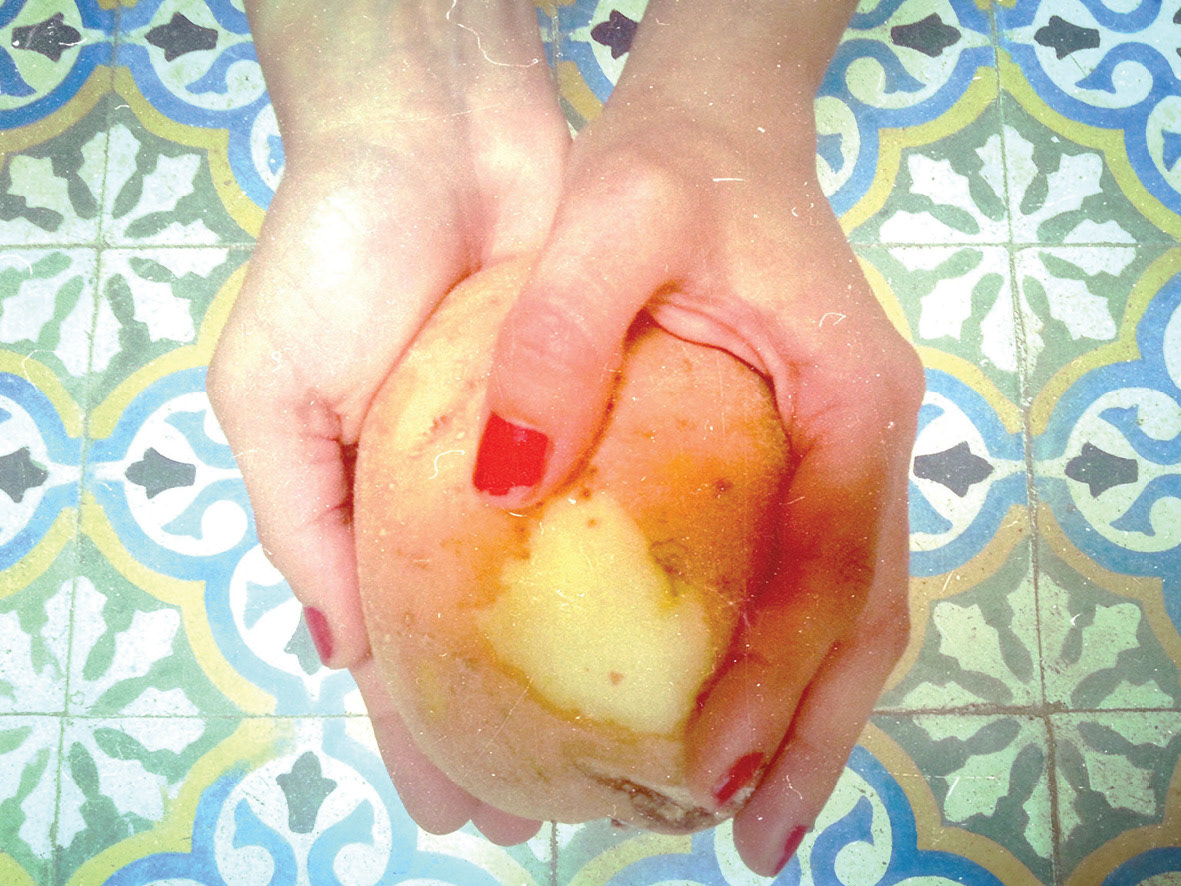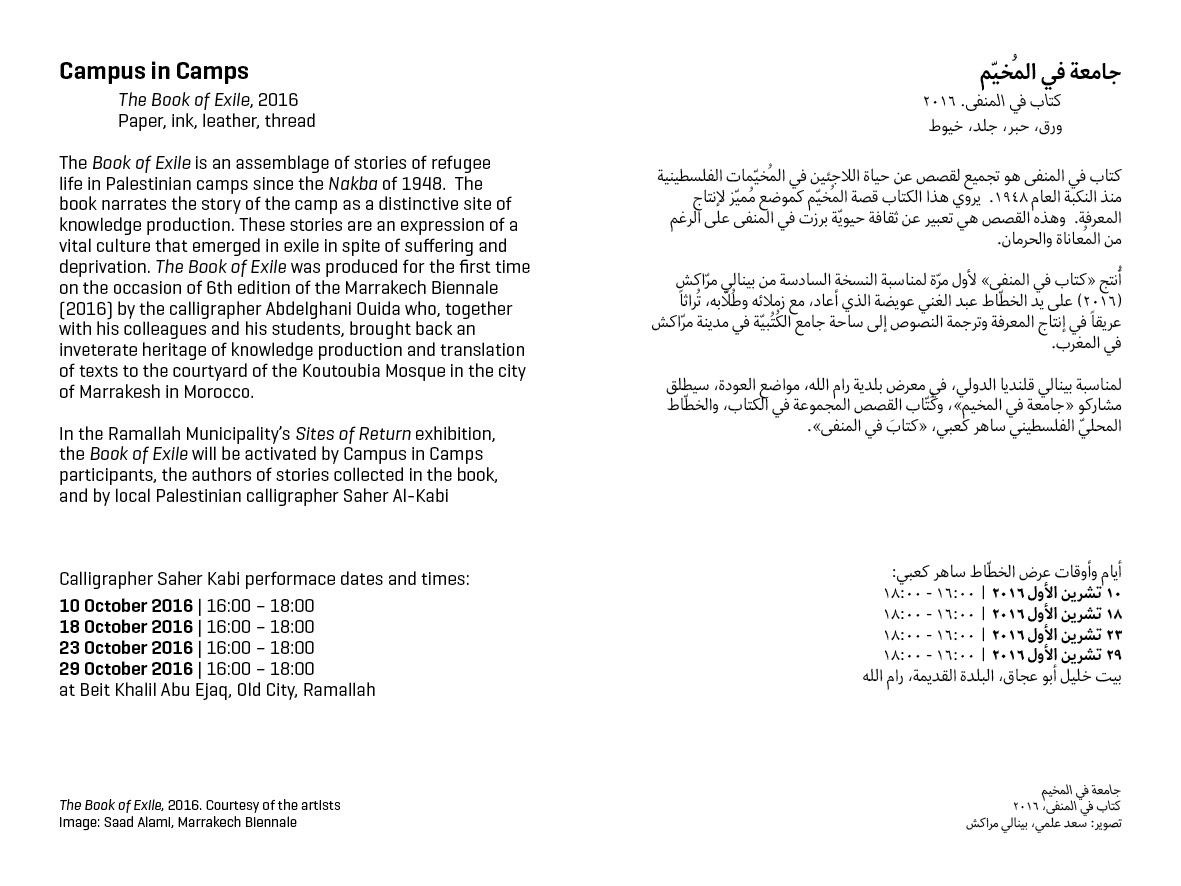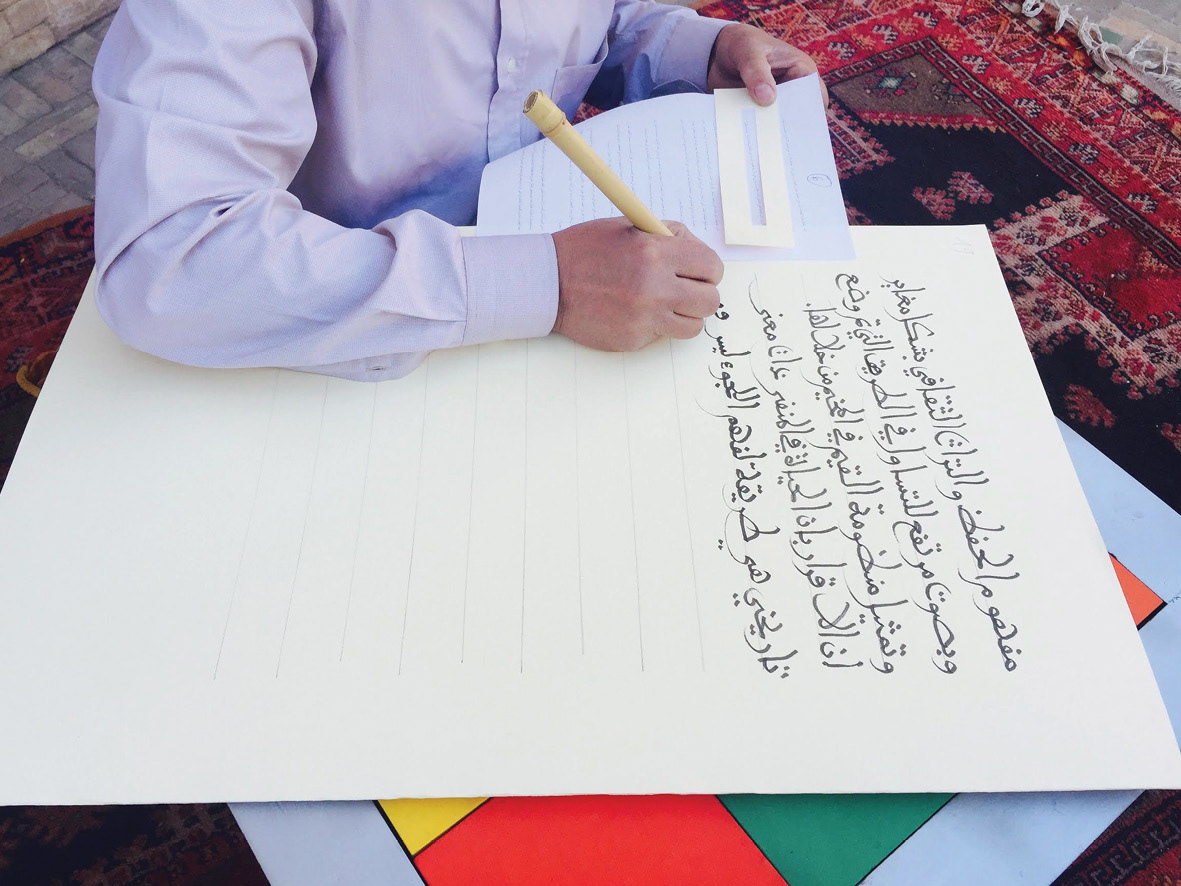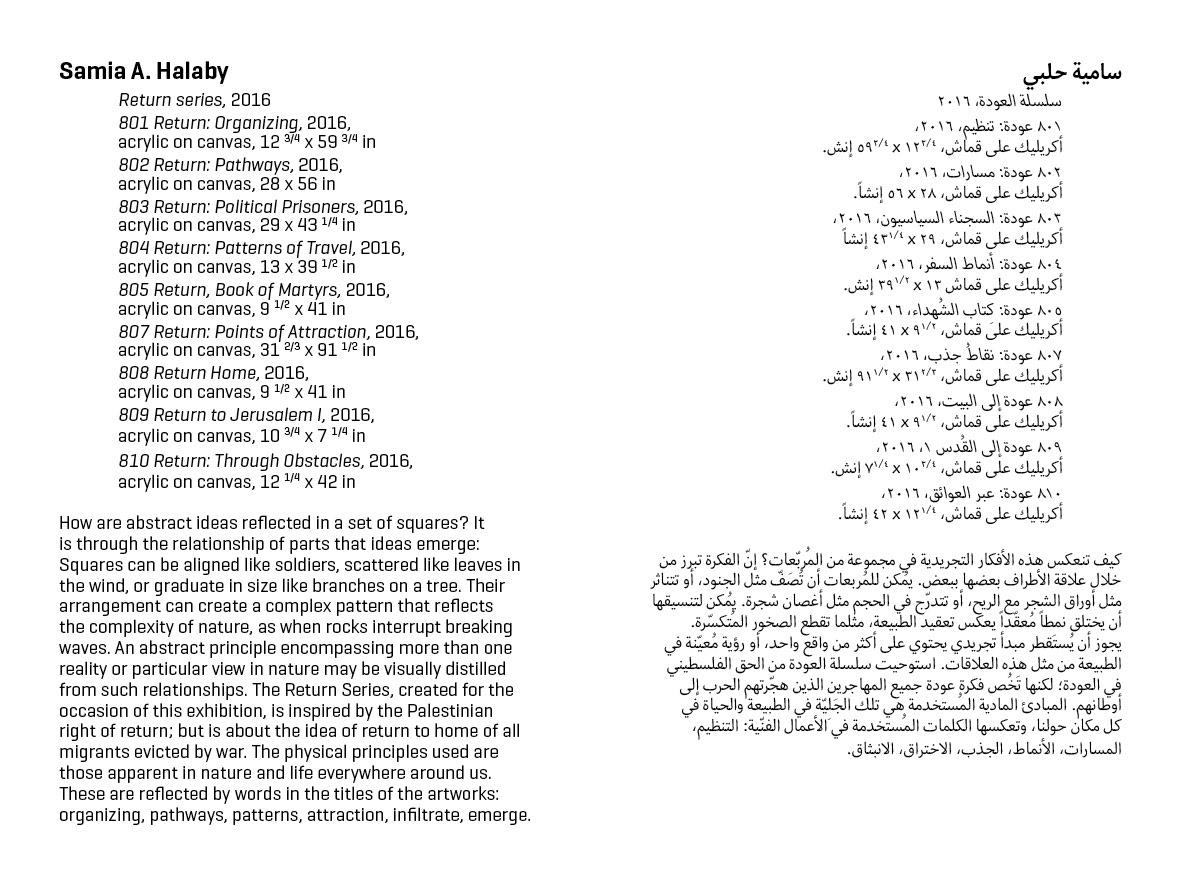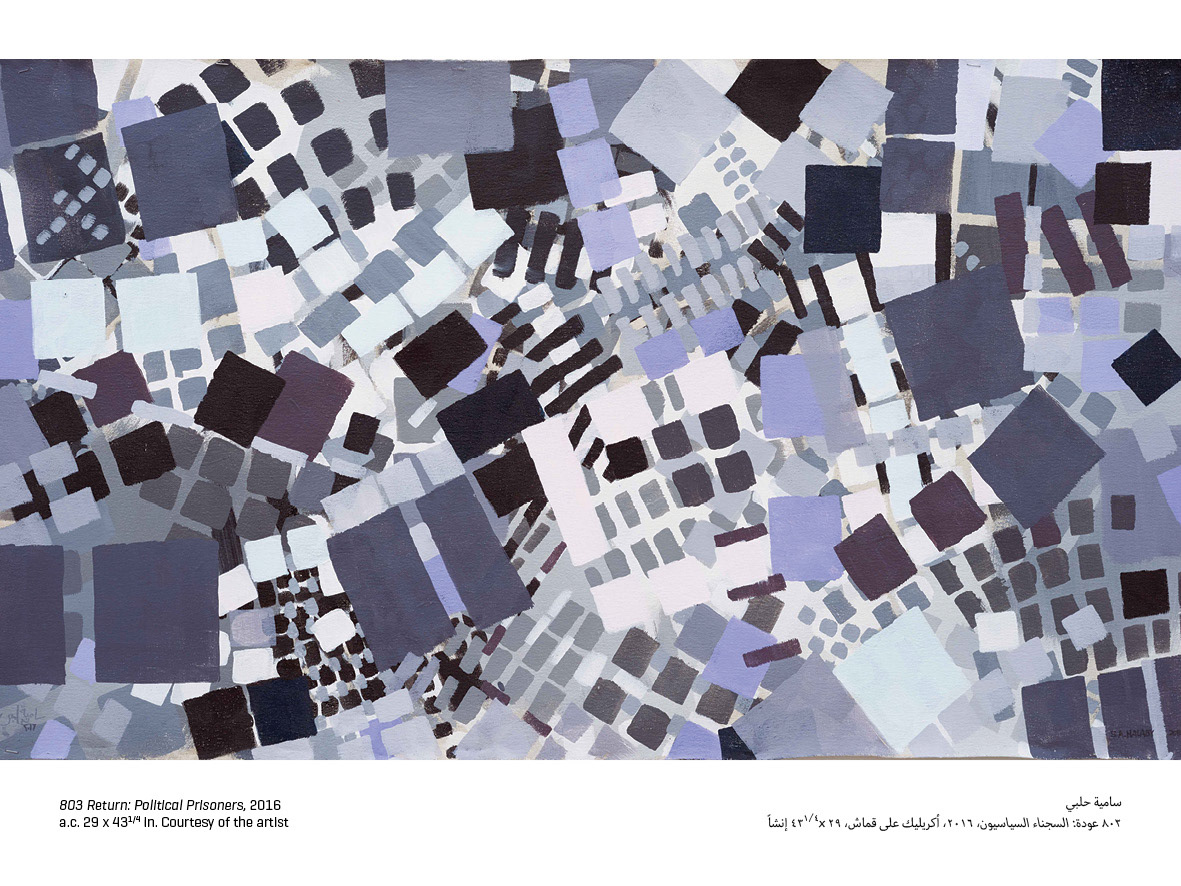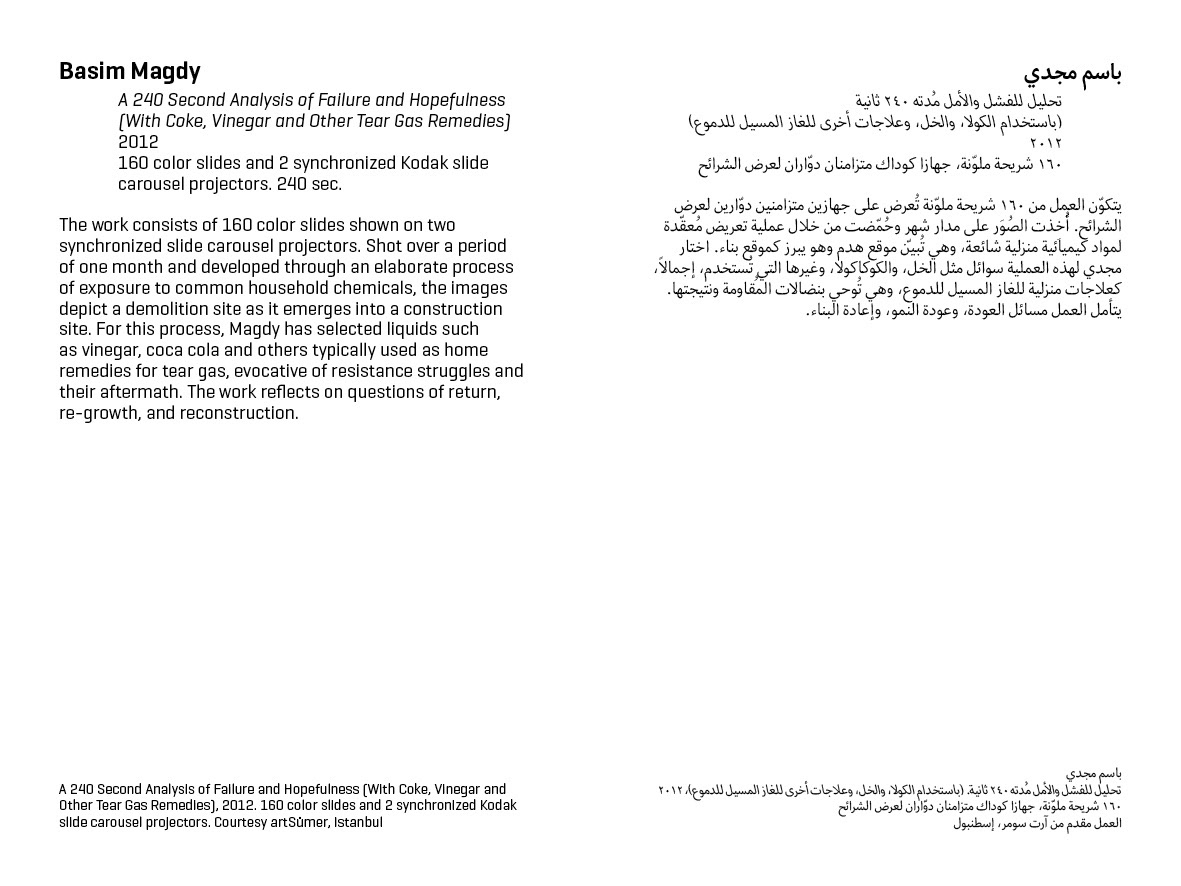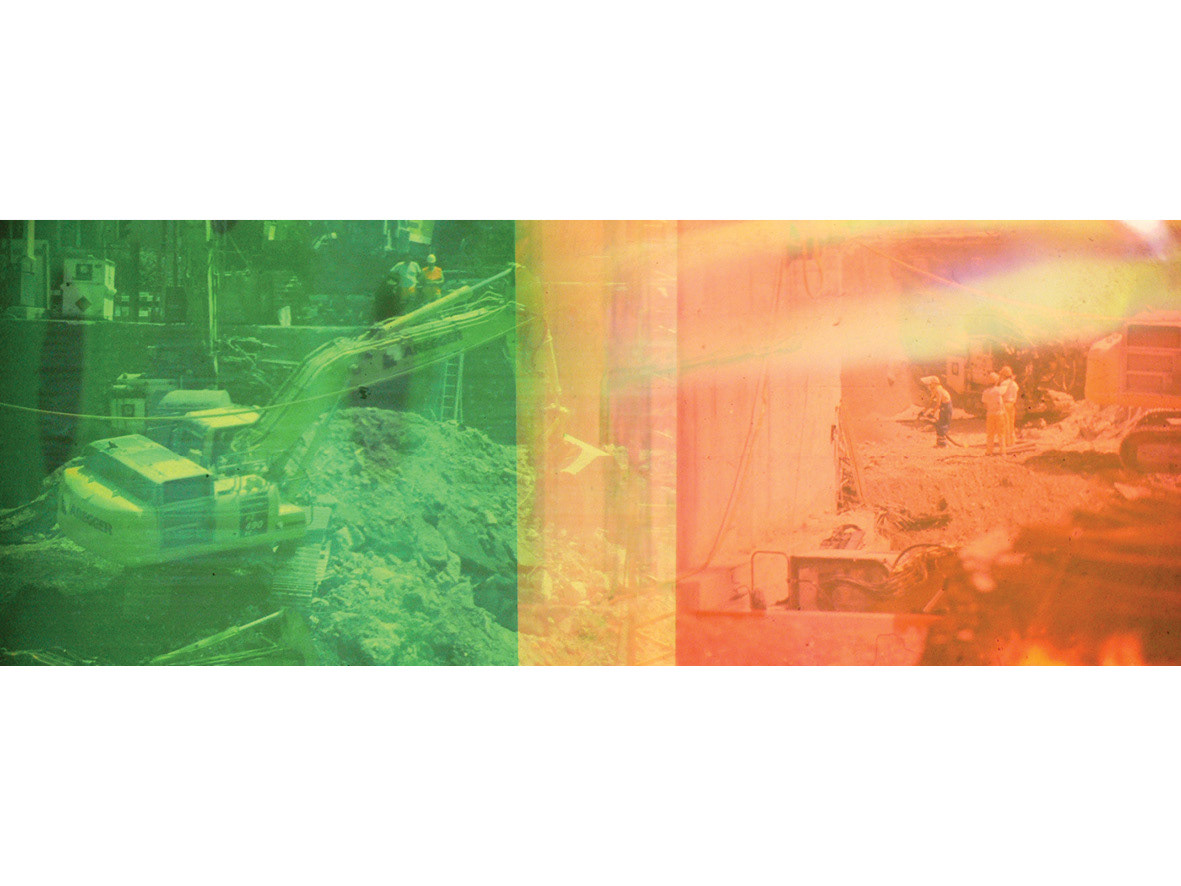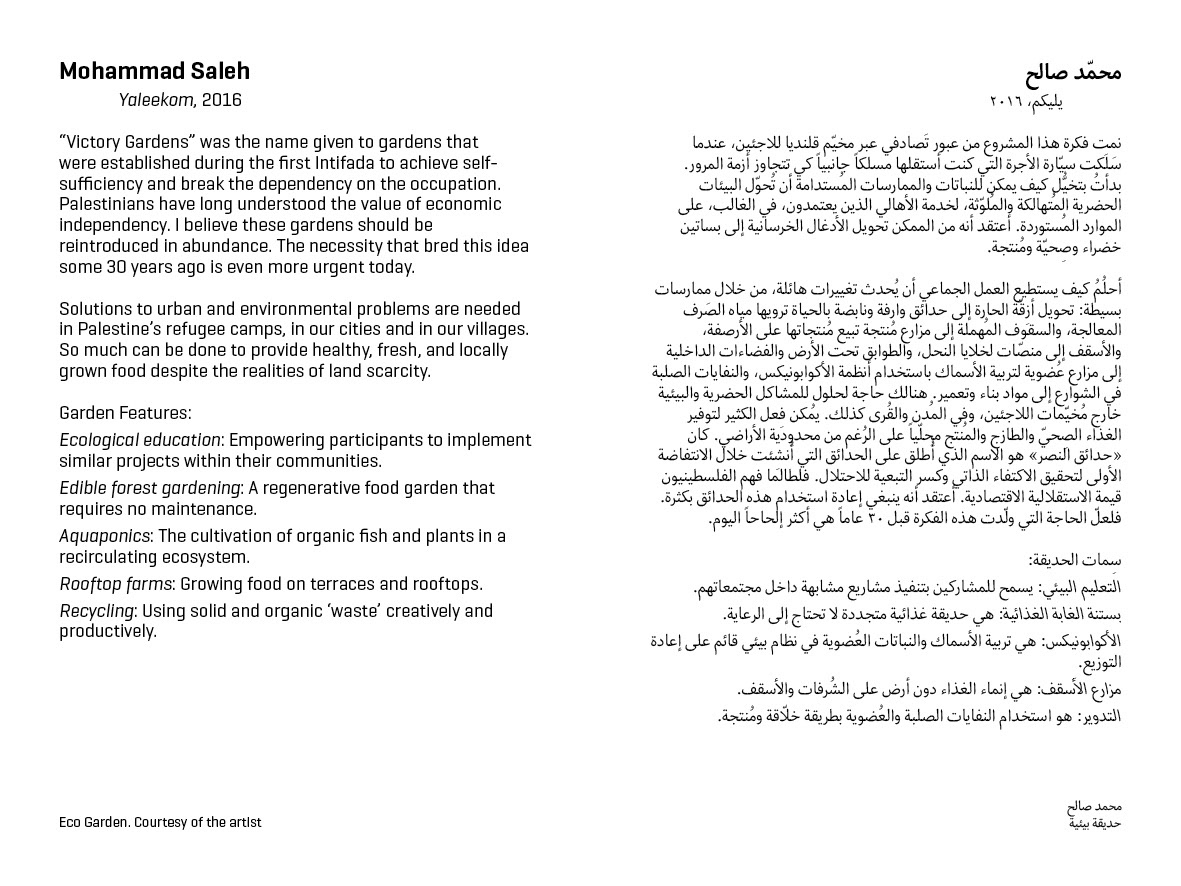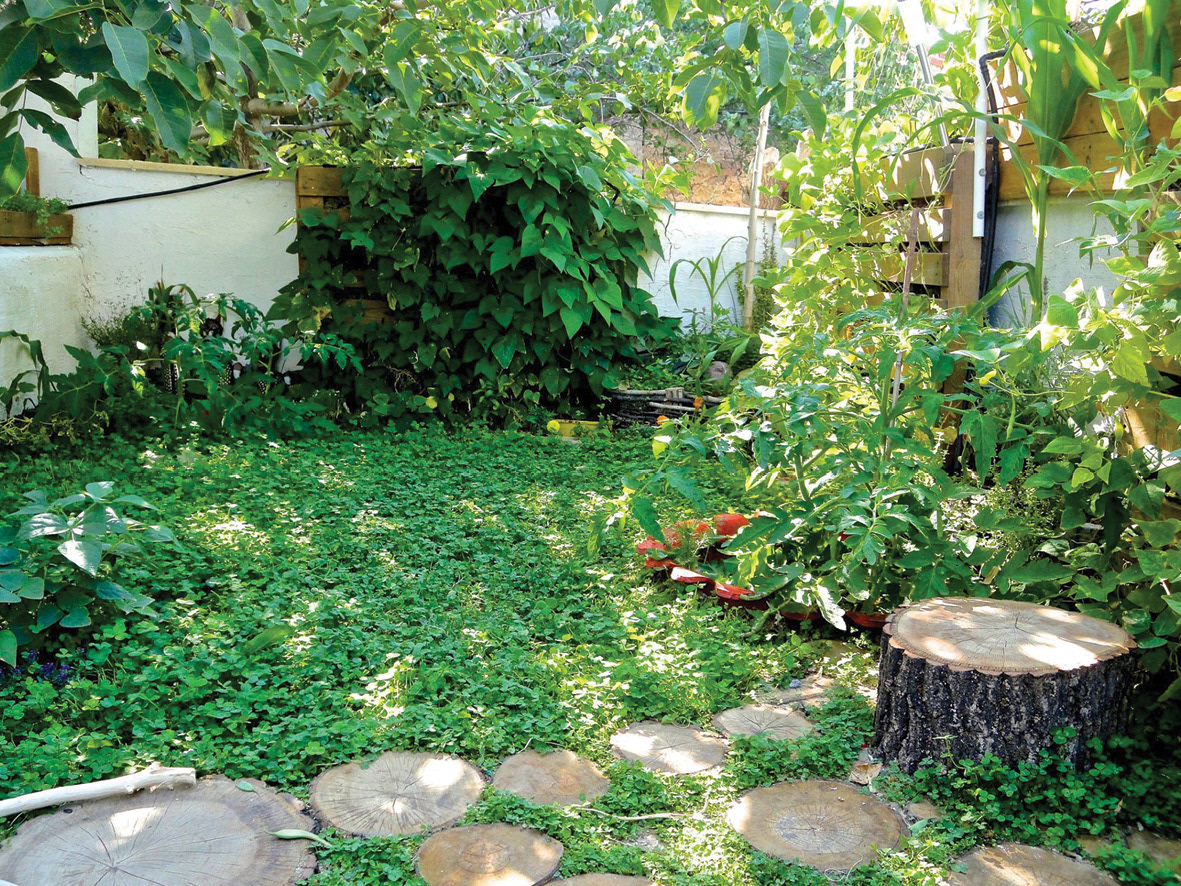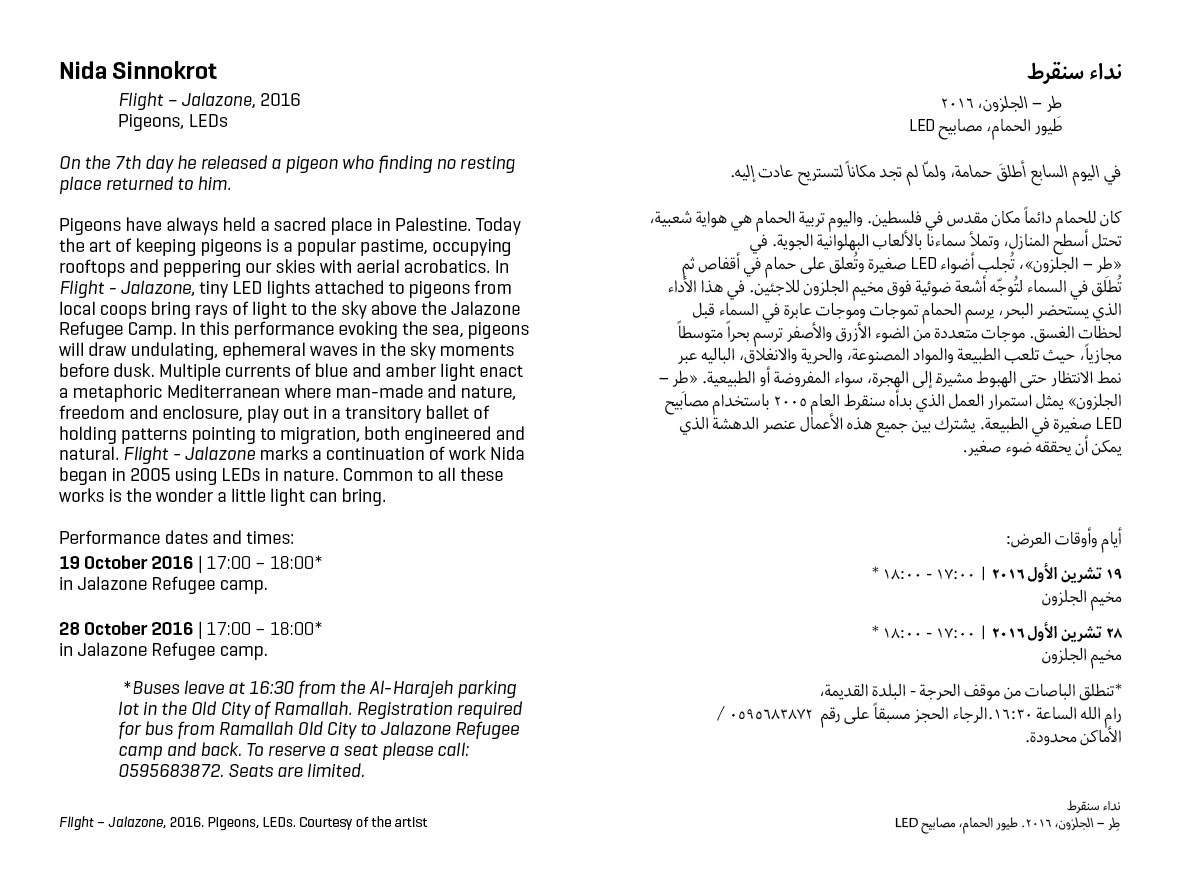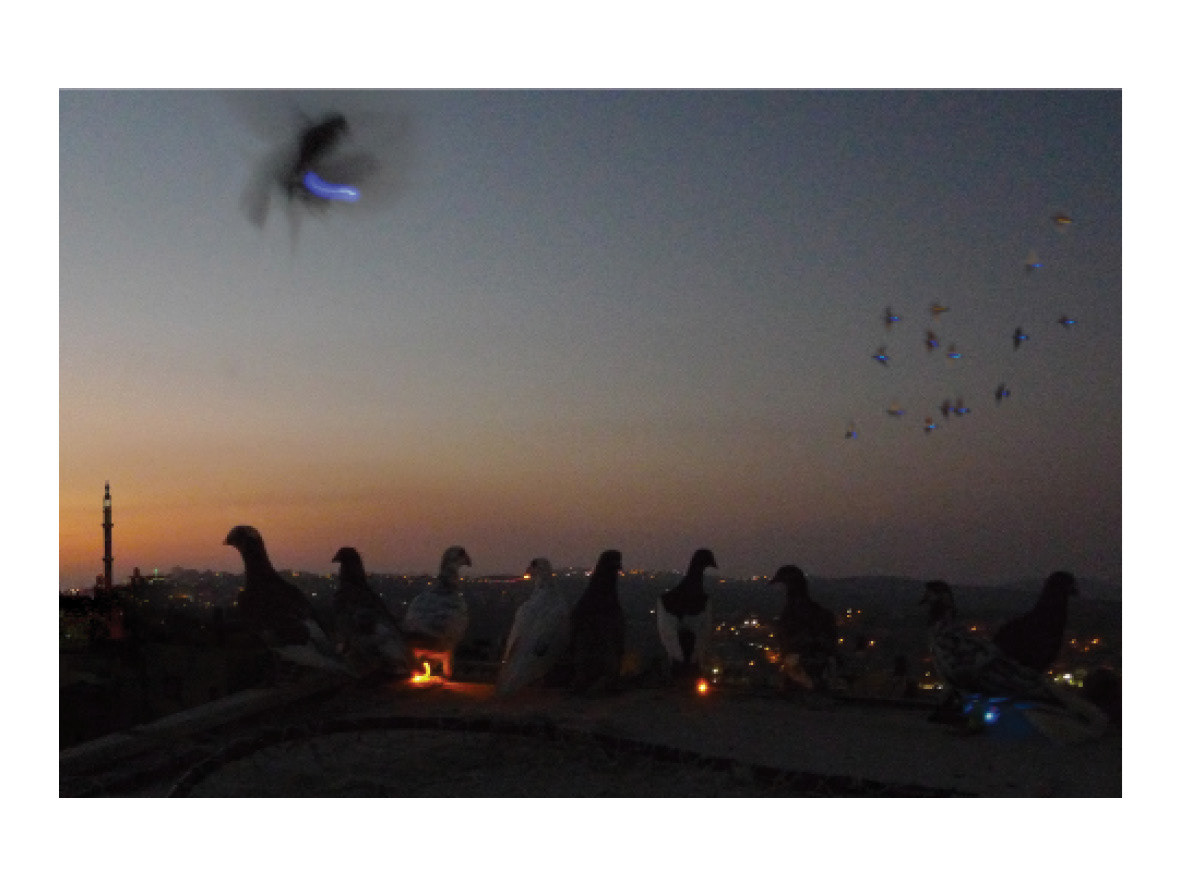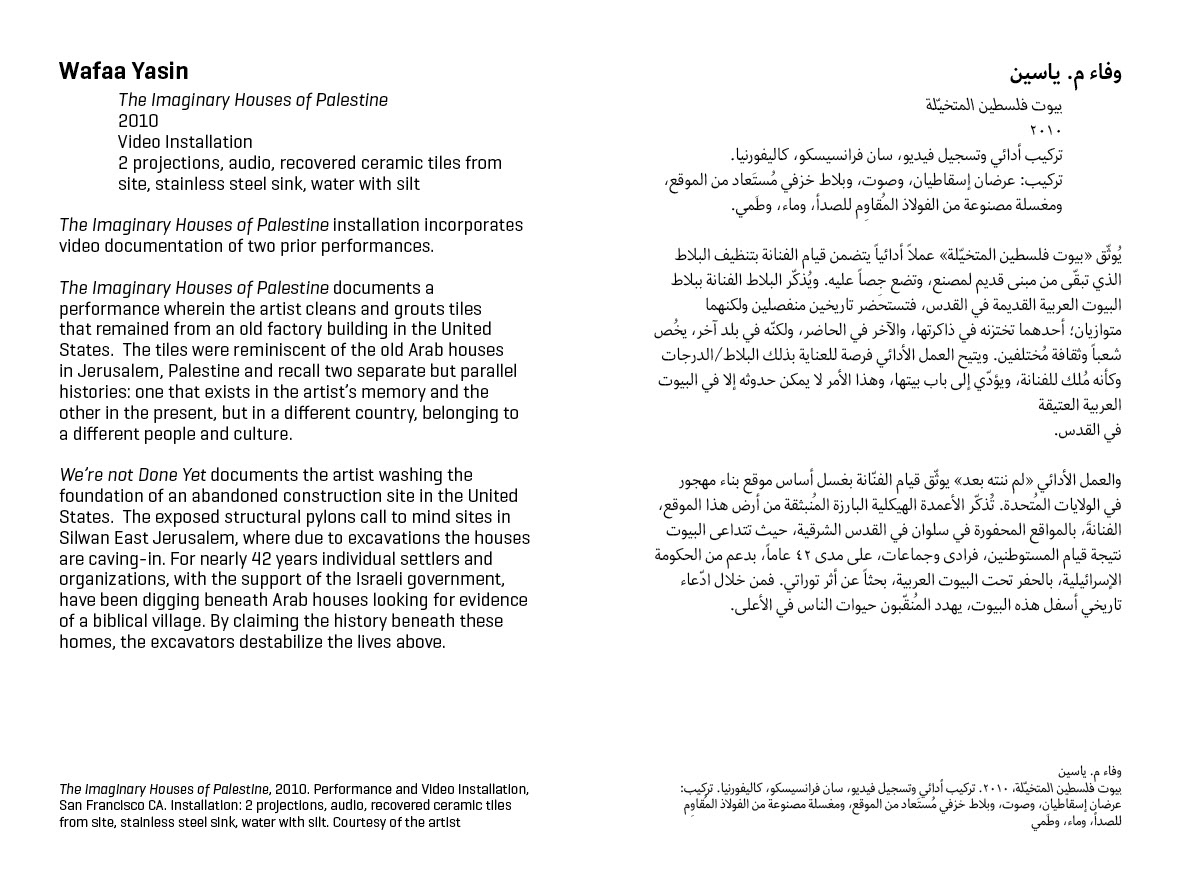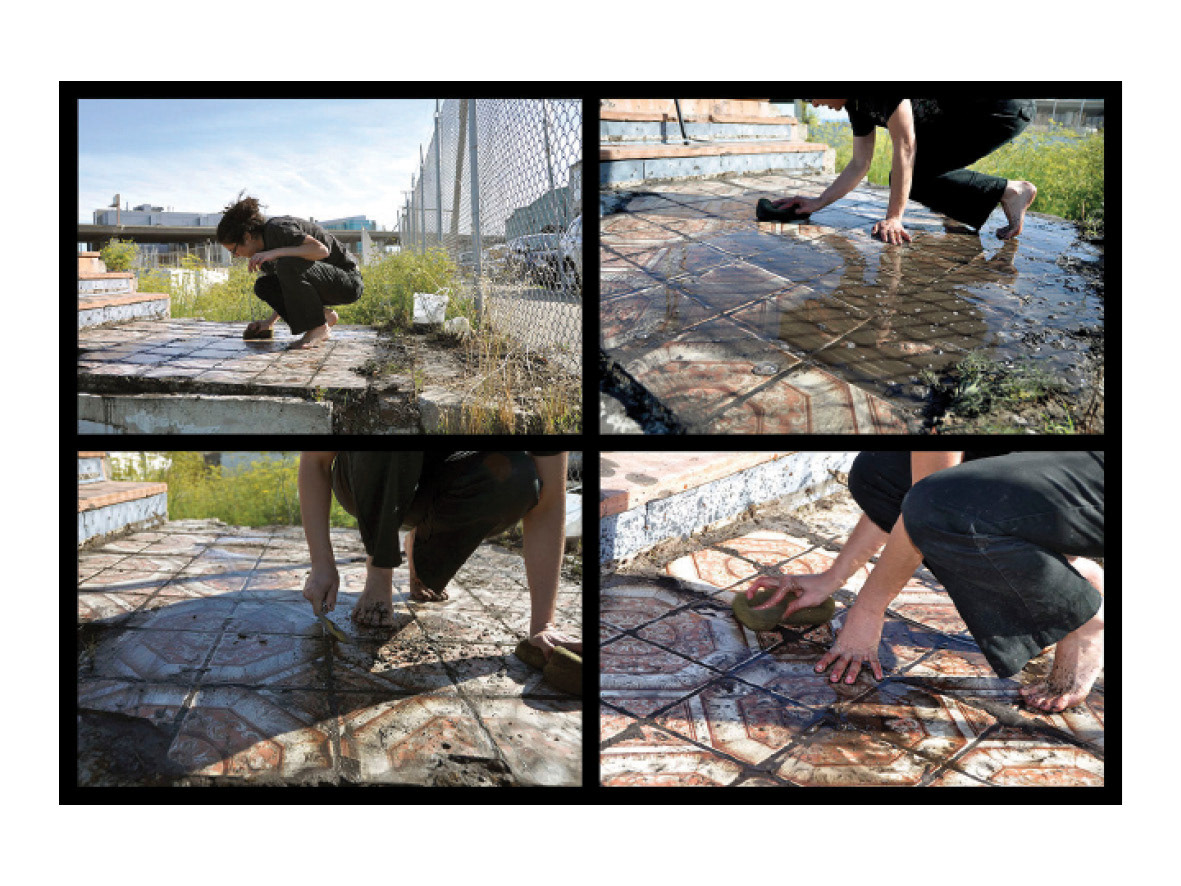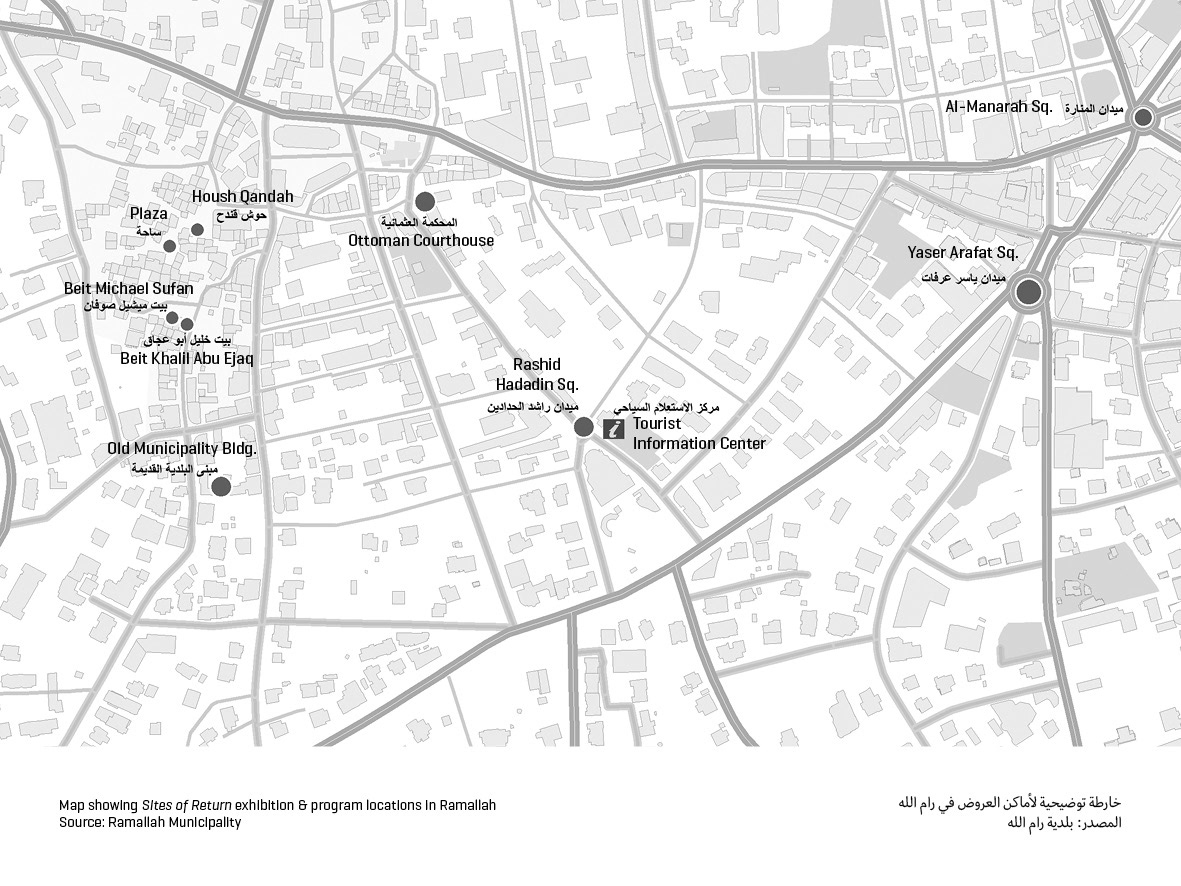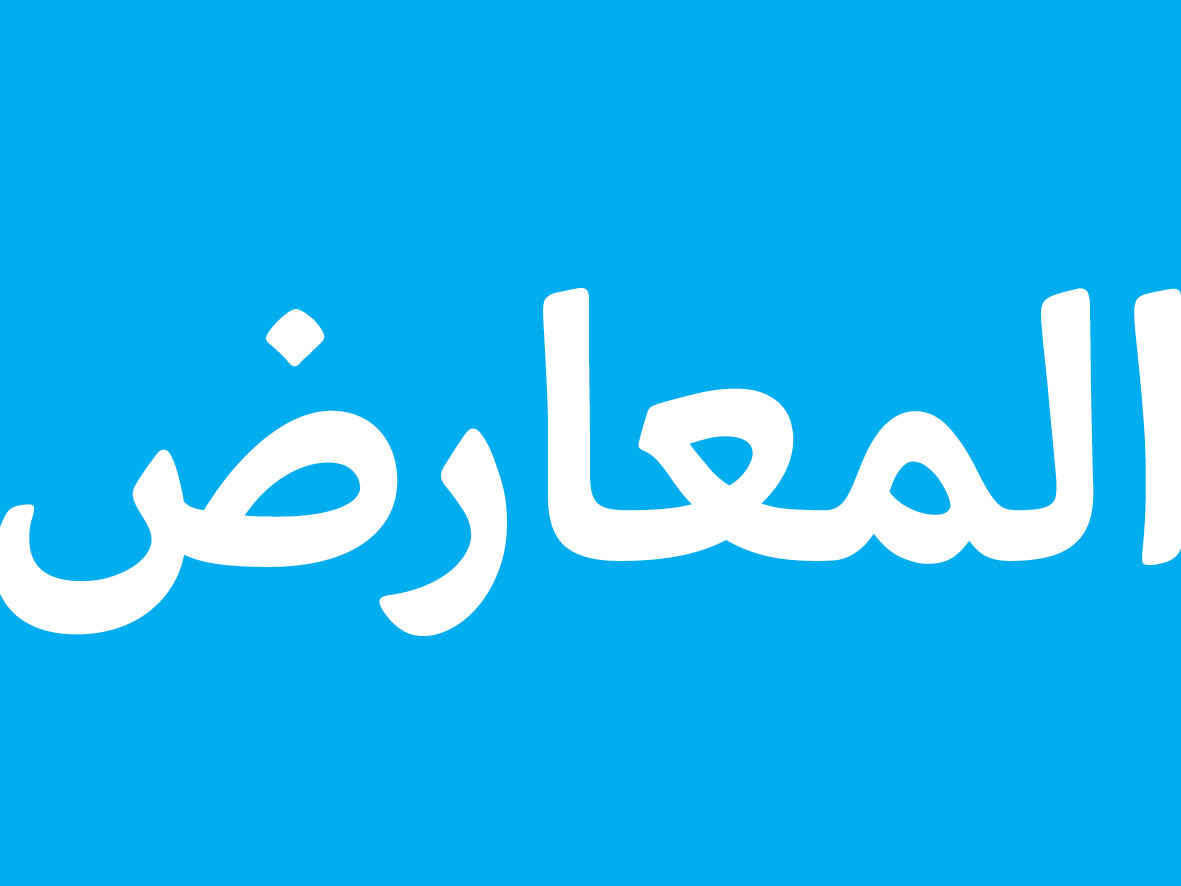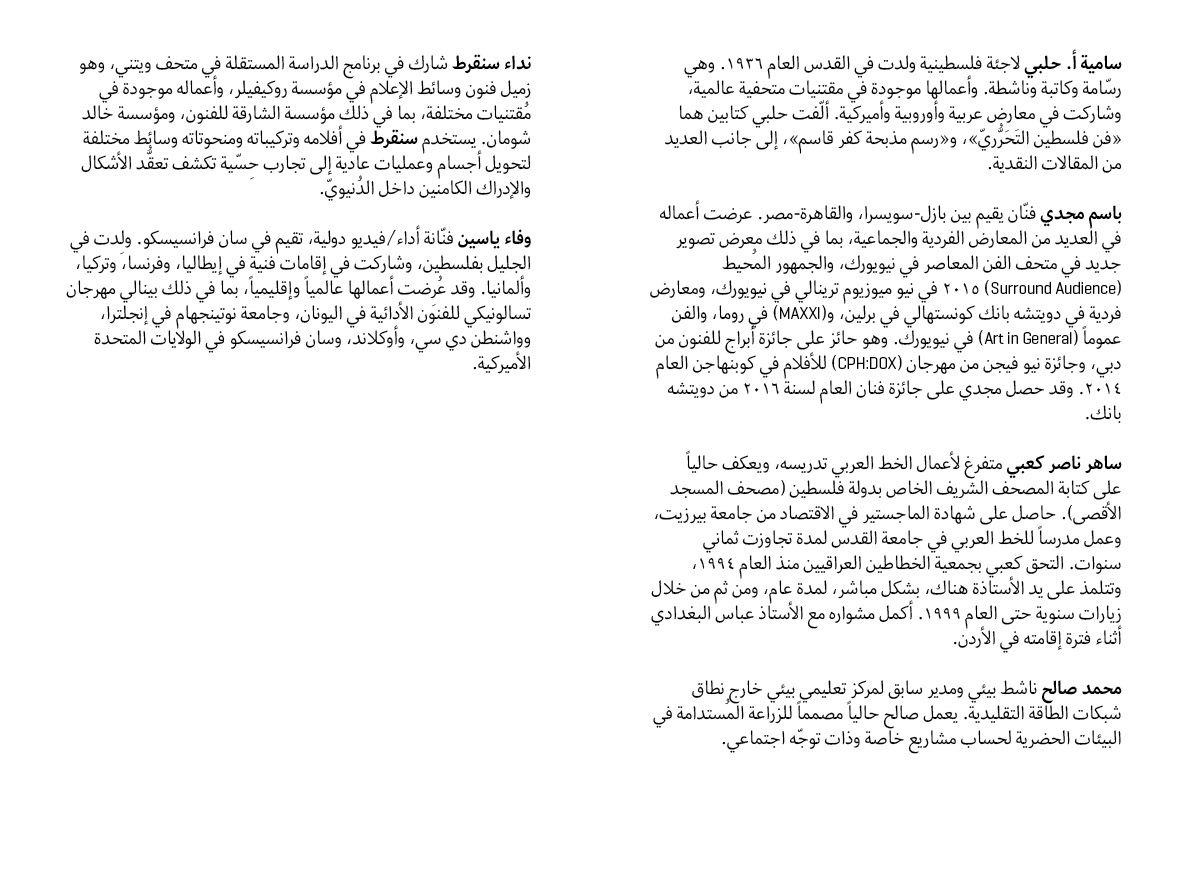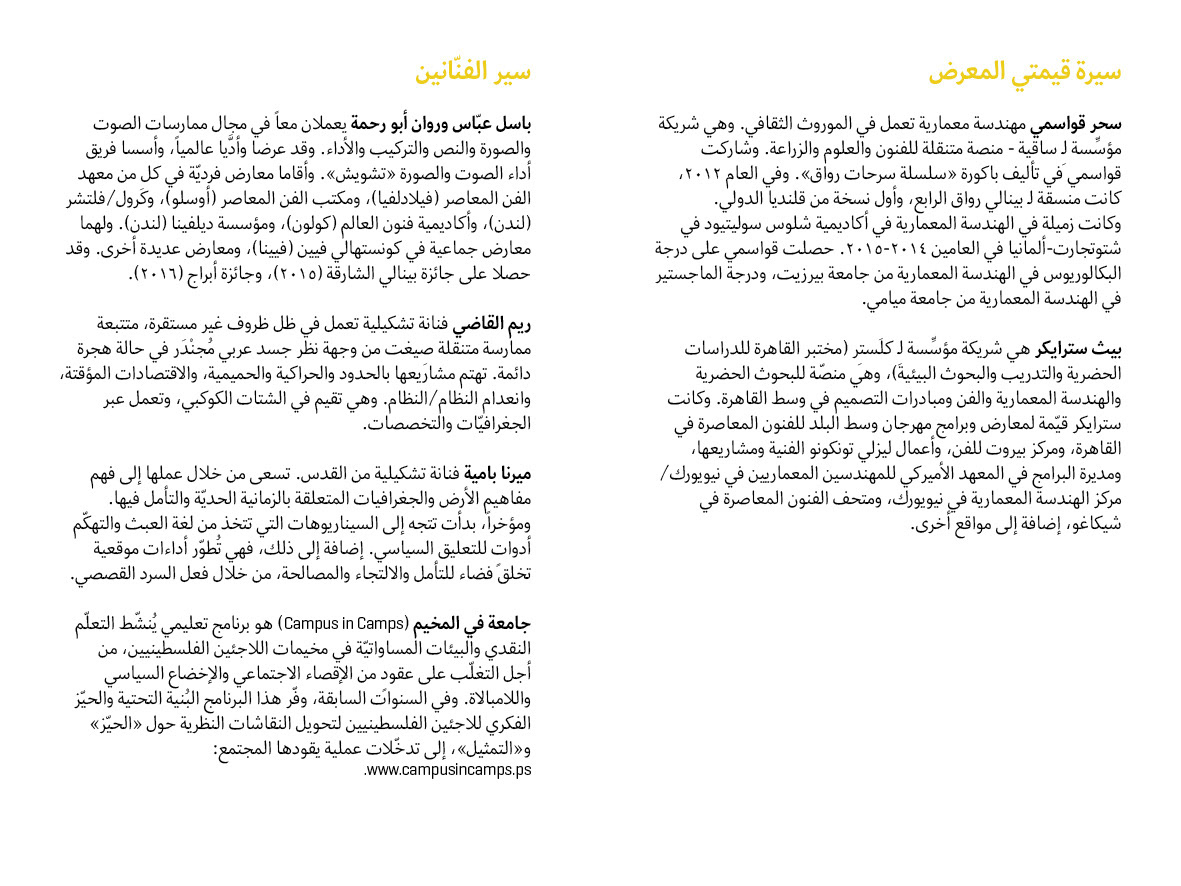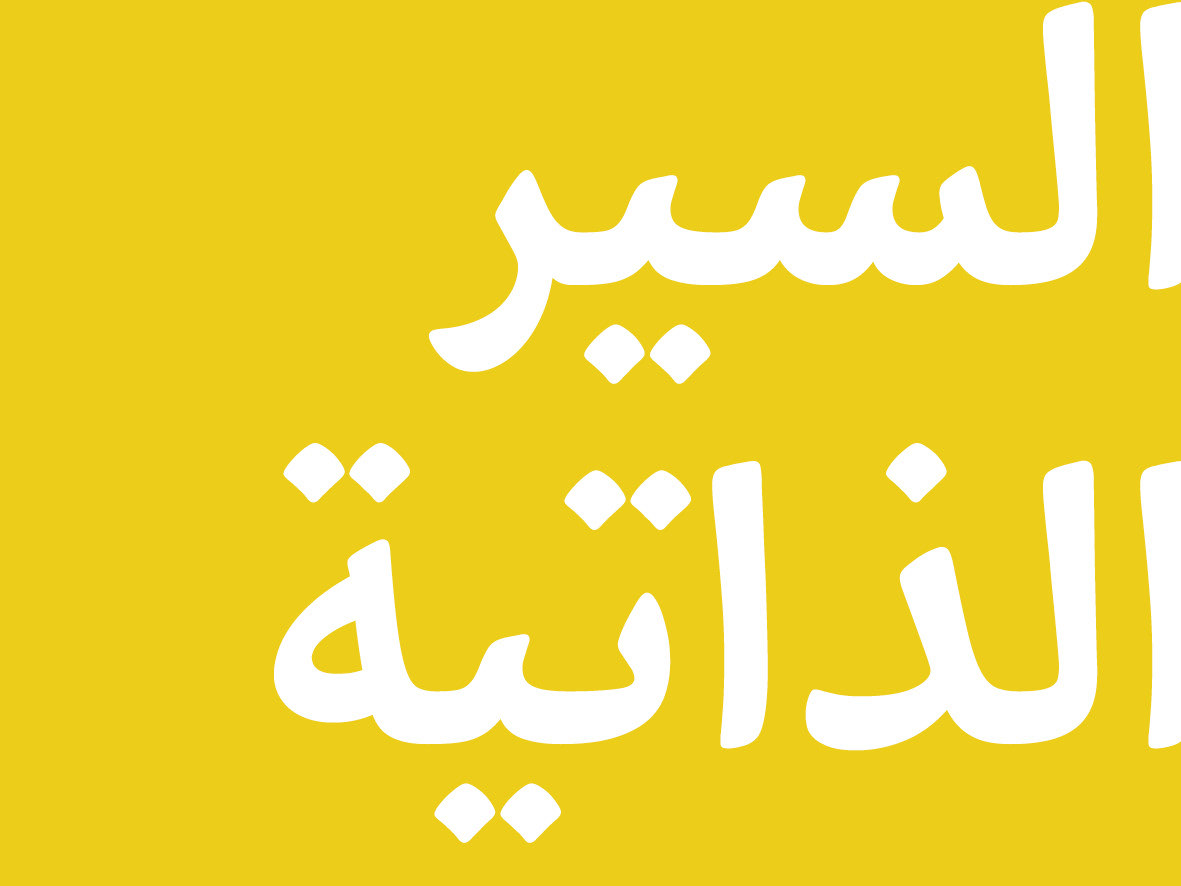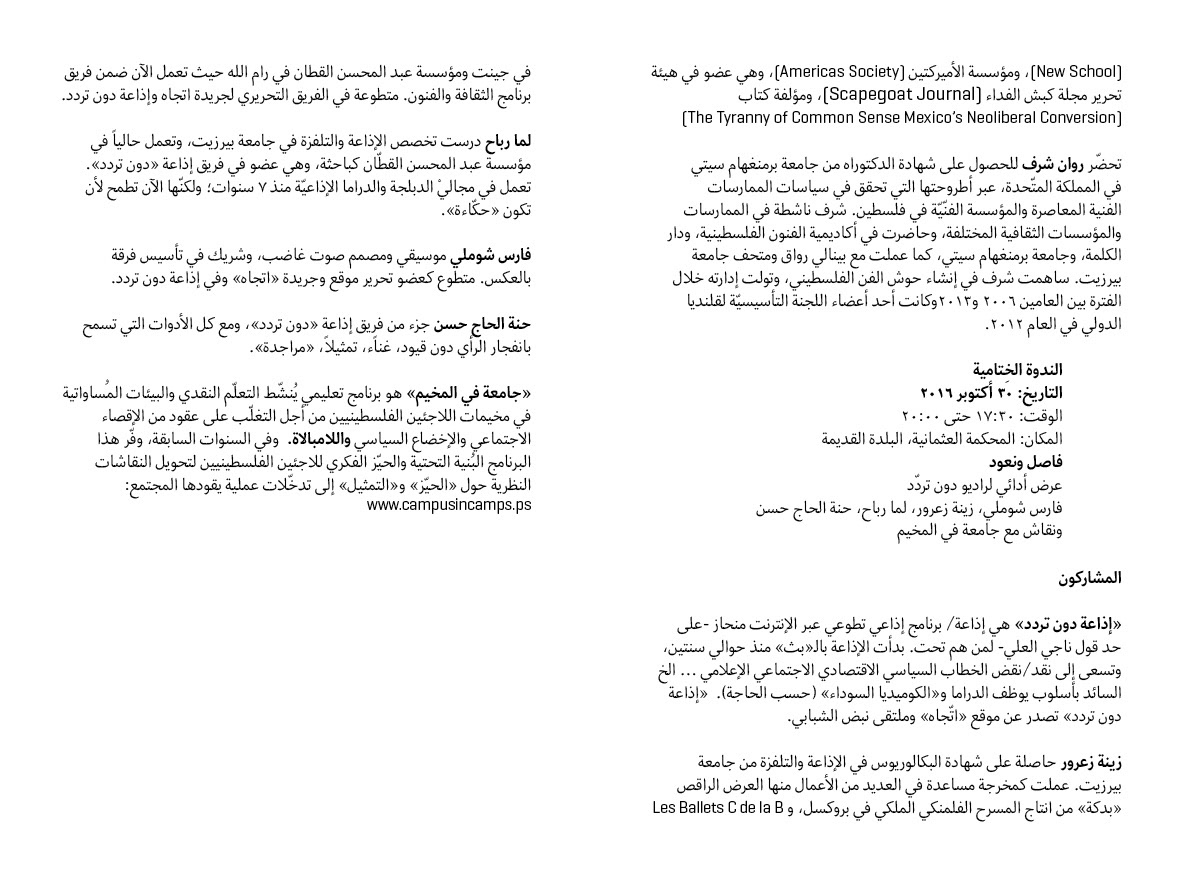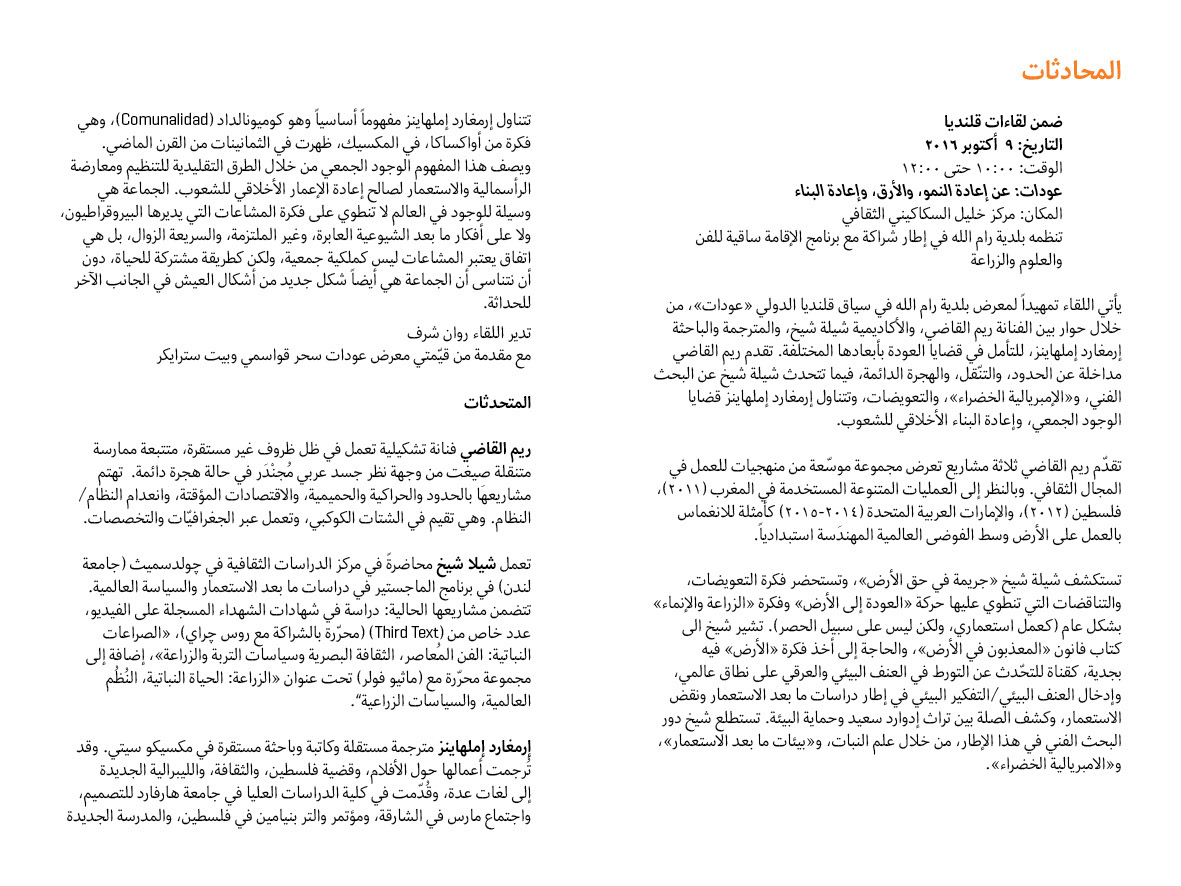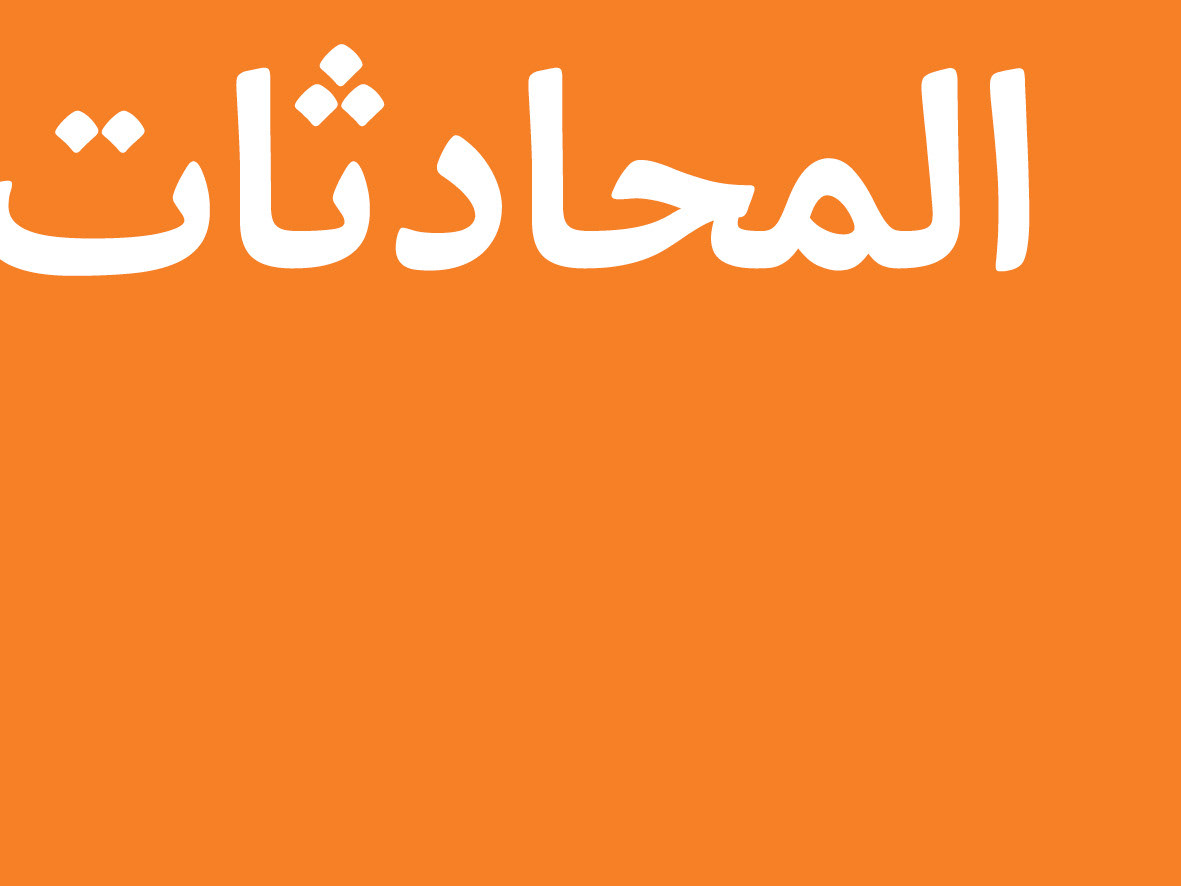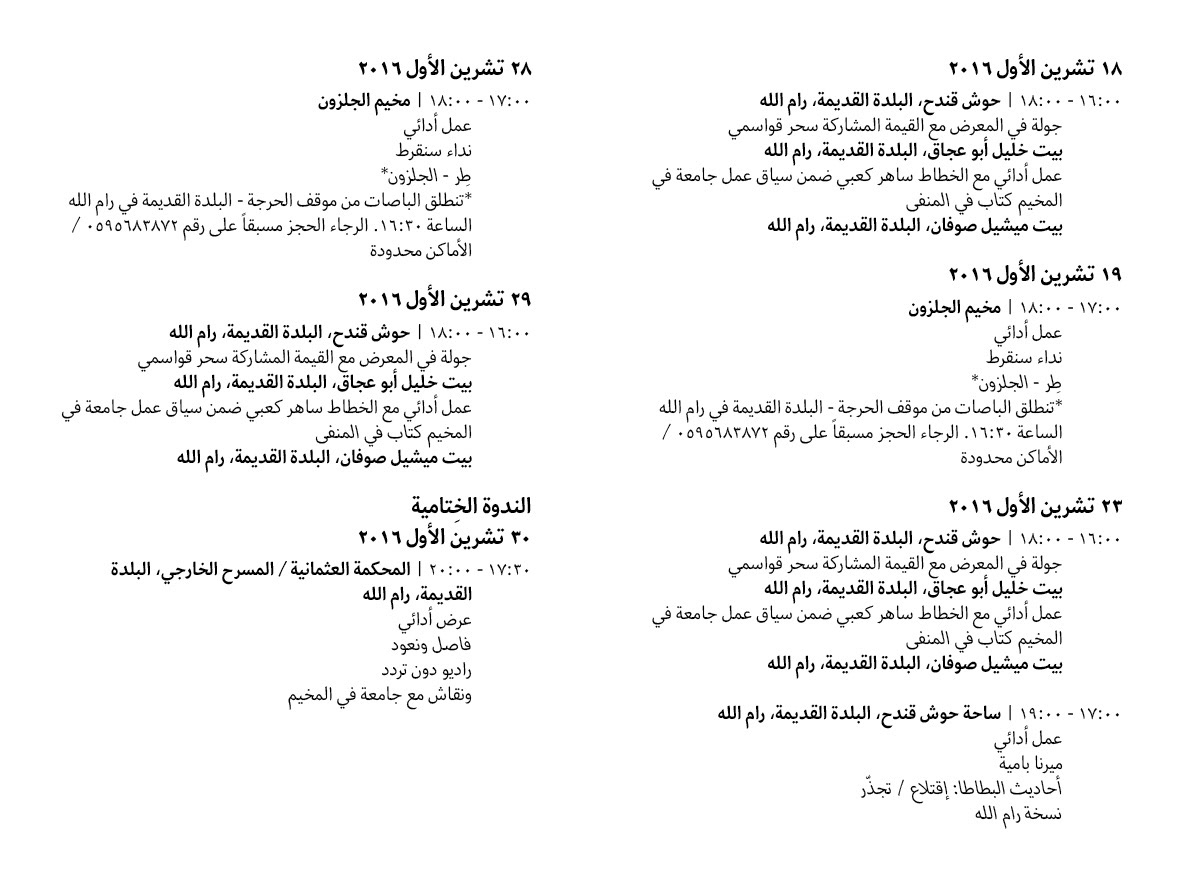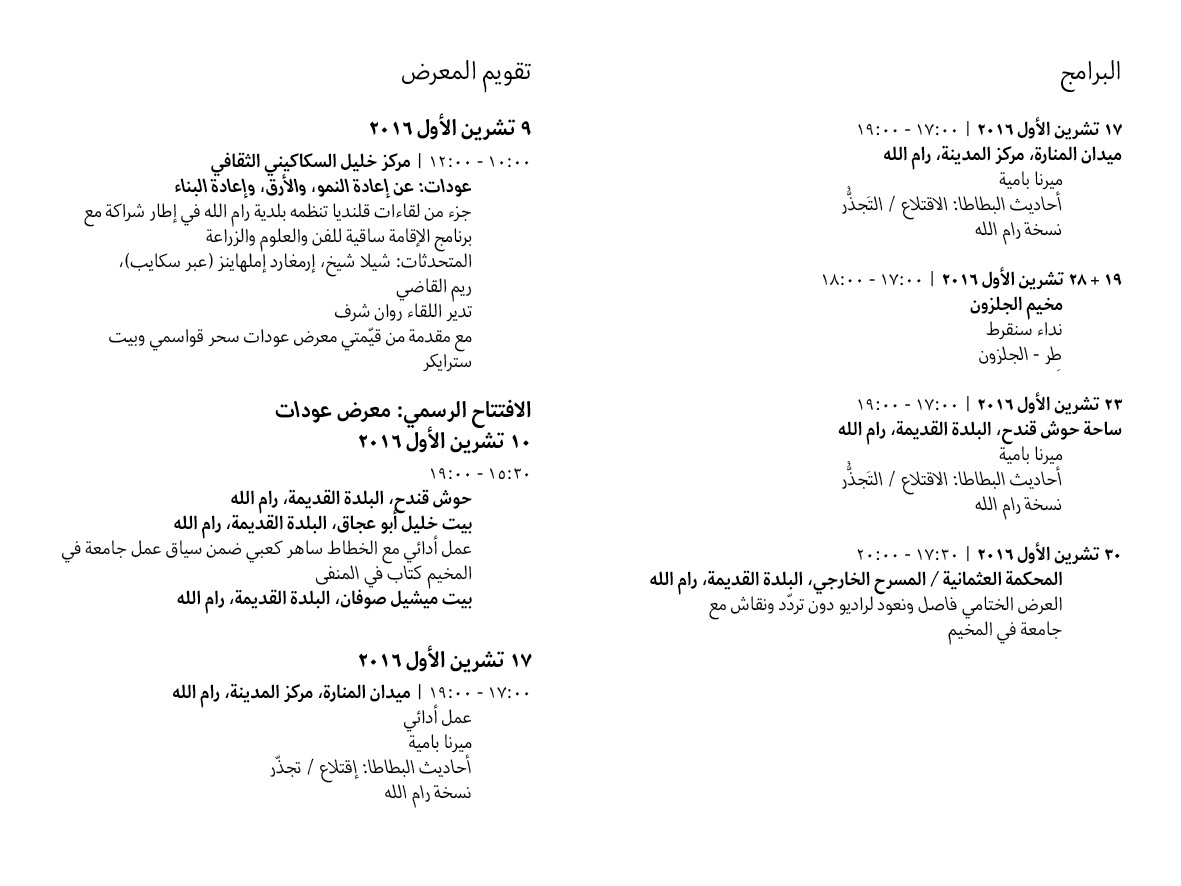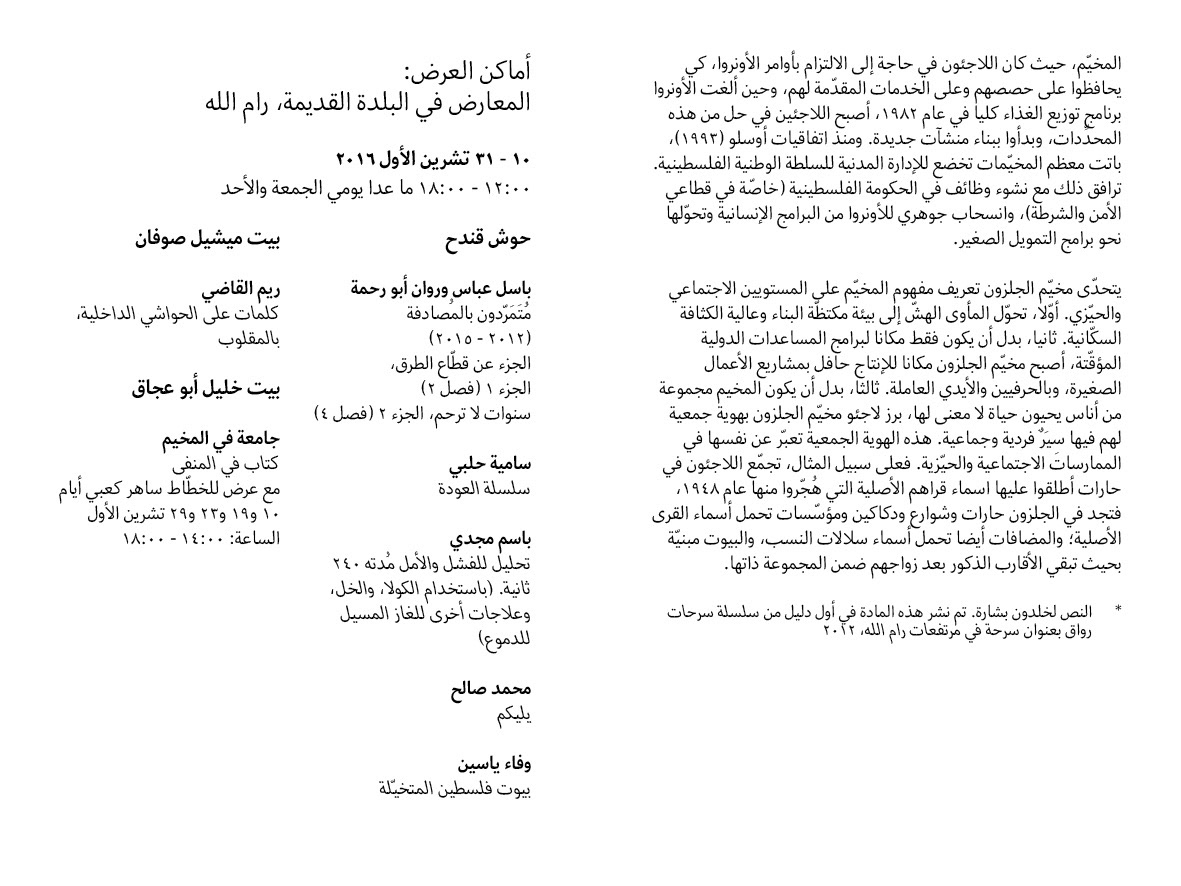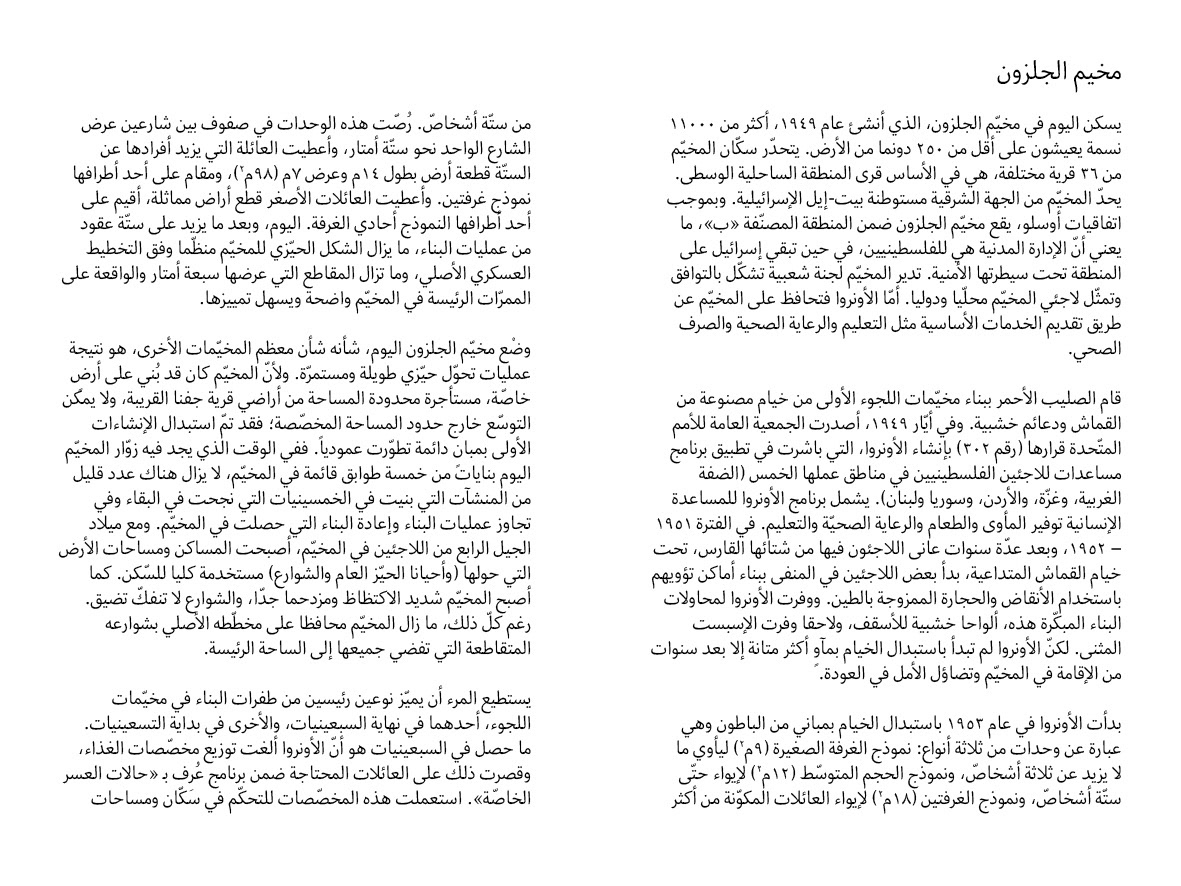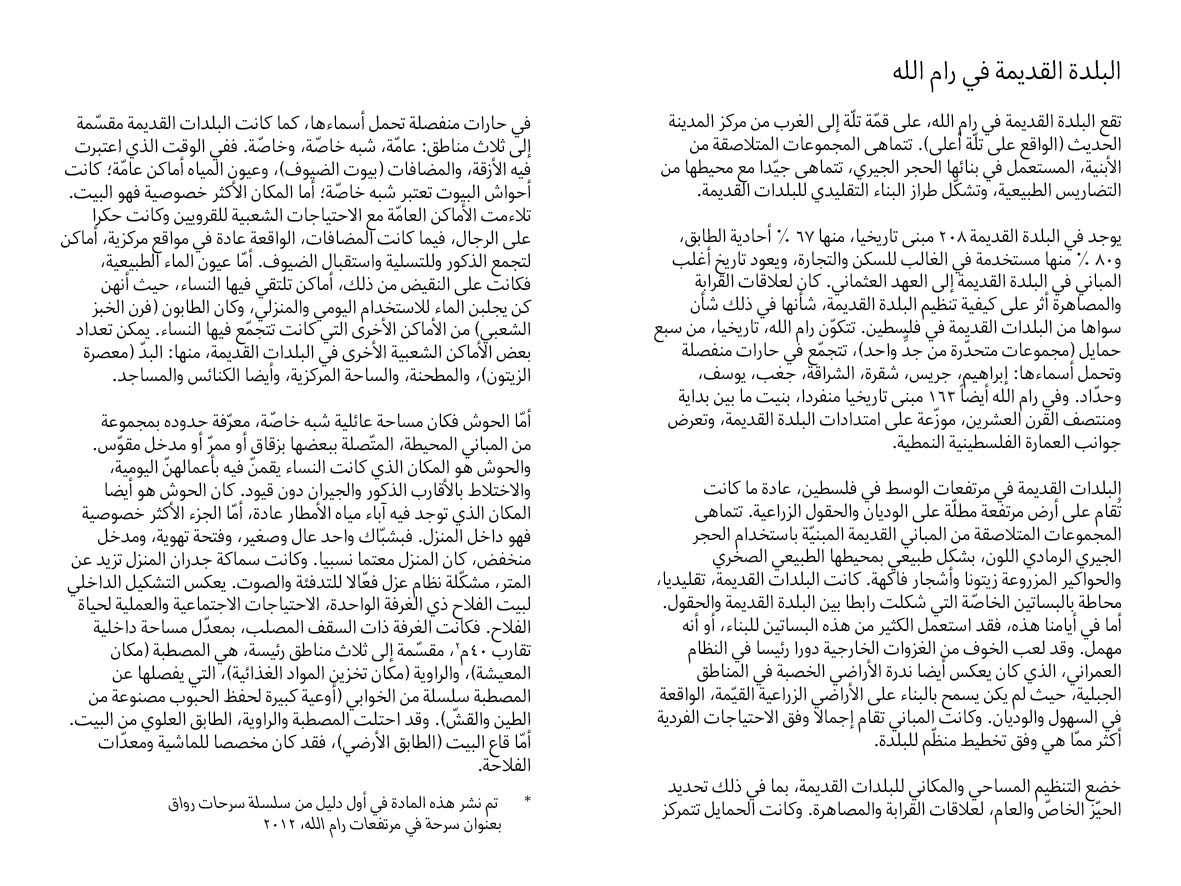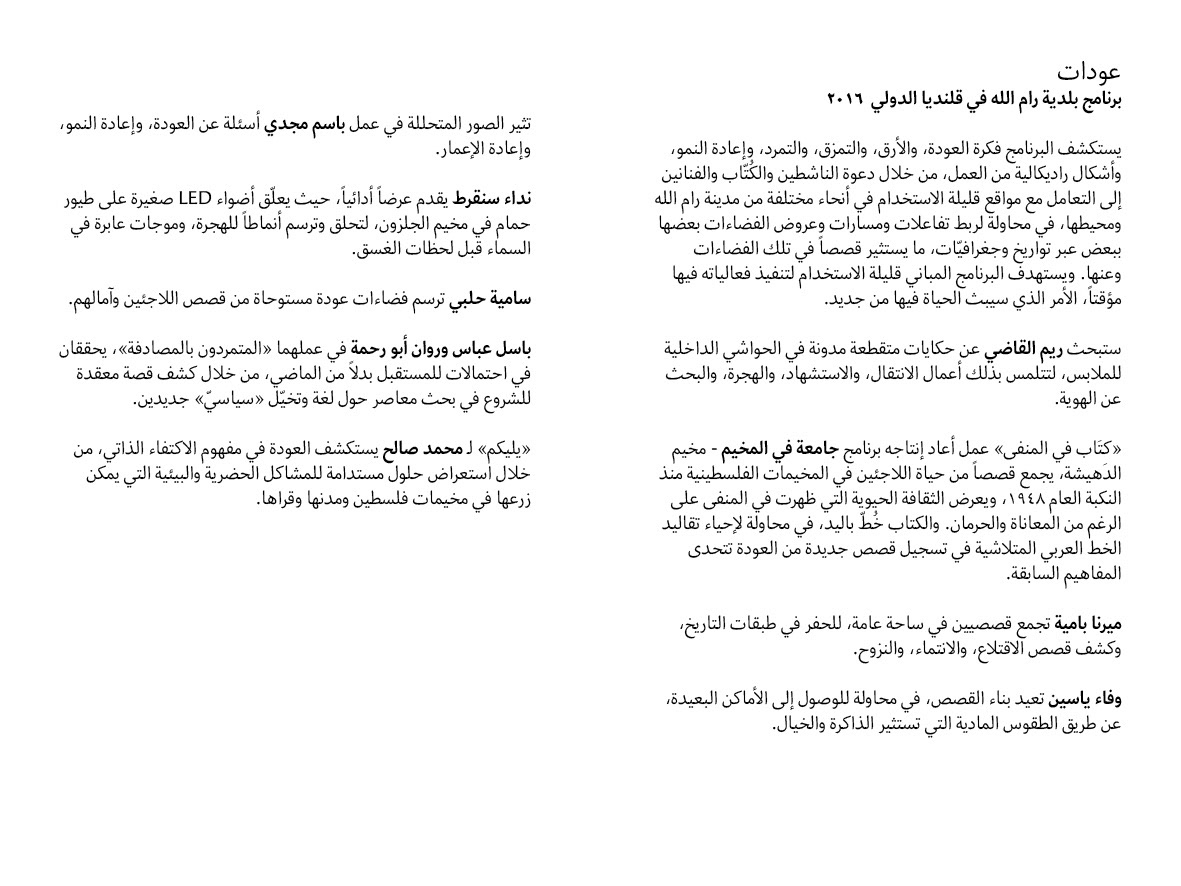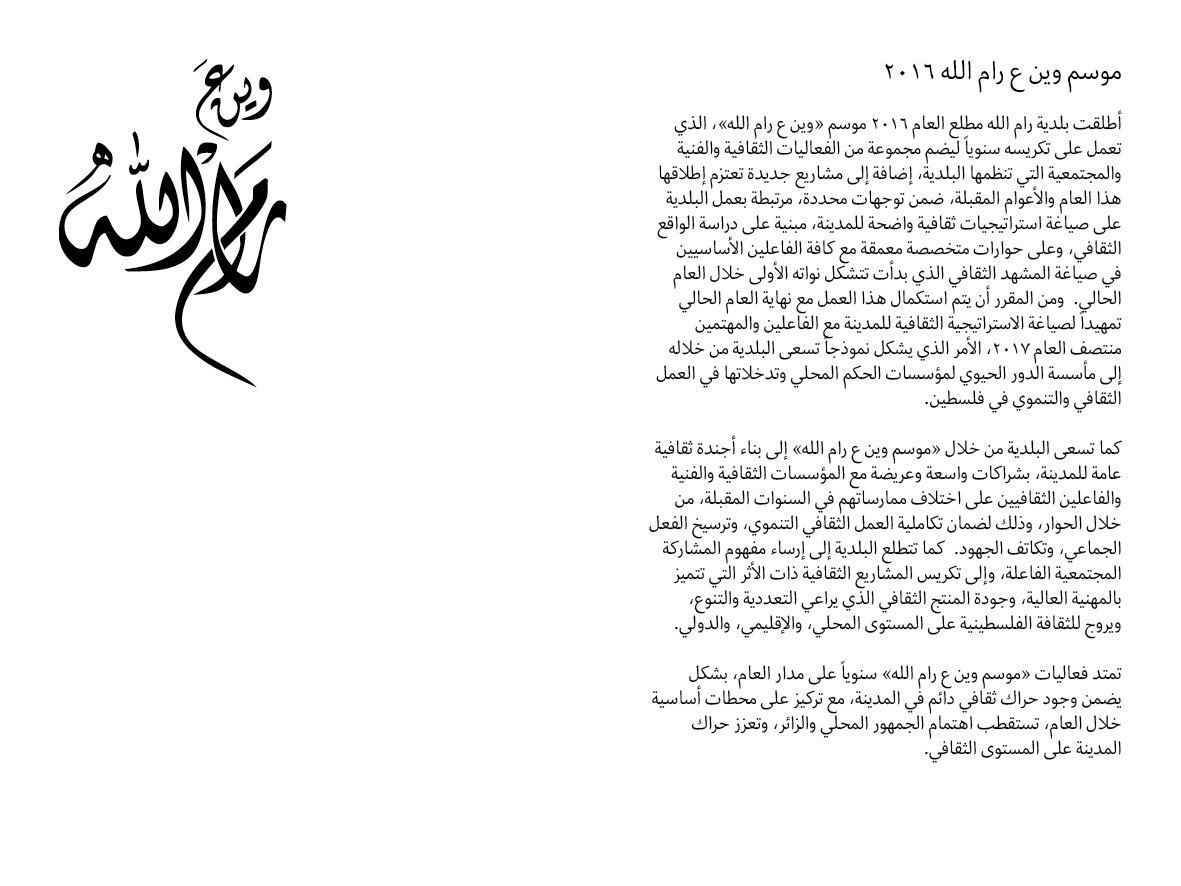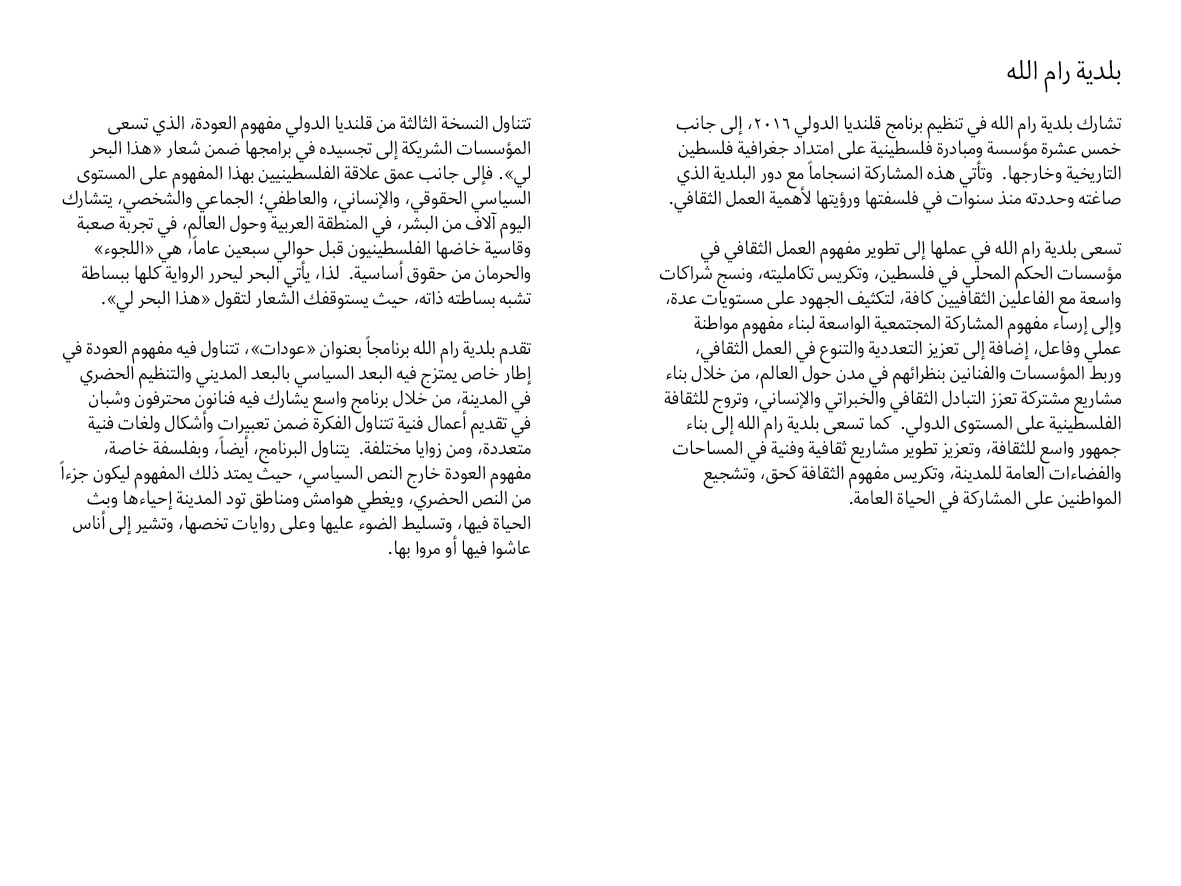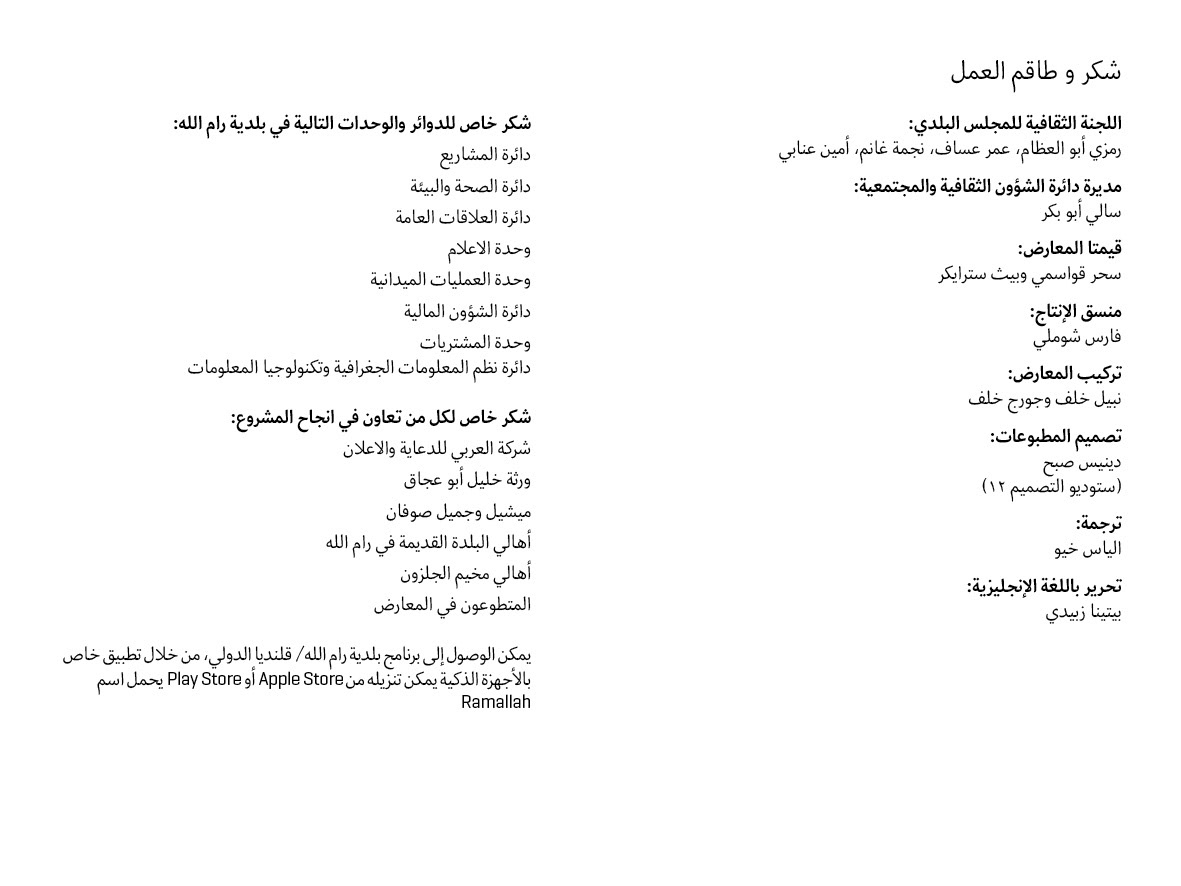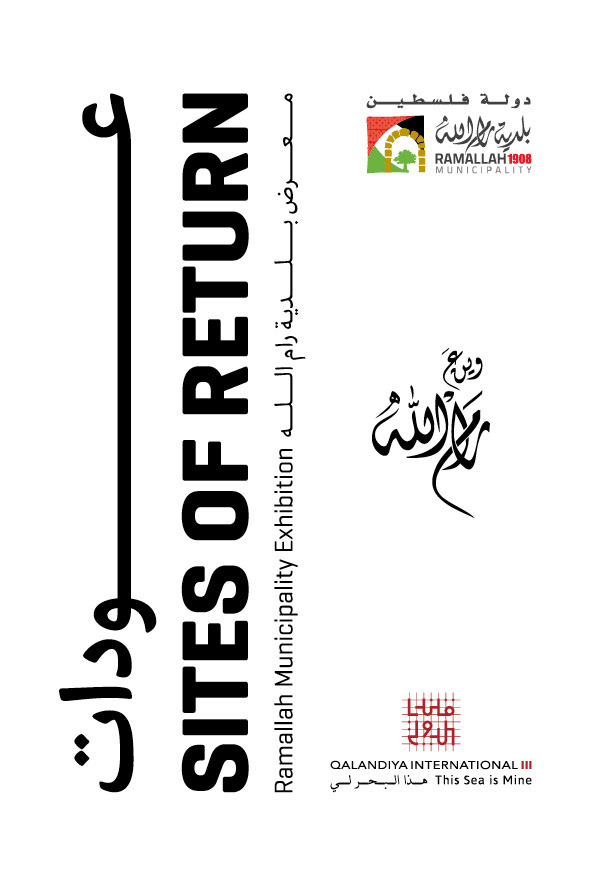Sites of Return
Ramallah Municipality Program
Qalandiya International 2016
Qalandiya International 2016
The program explores notions of Return —restlessness, rupture, rebellion, re-growth and radical forms of action —inviting activists, storytellers and artists to engage with otherwise underutilized sites across the city and its surroundings. Vignettes, tours, and performances interlink spaces across histories and geographies, excavating stories in and of these spaces. The program makes temporary use of buildings and public spaces, reinvigorating these sites through pop-up programs.
Rheim Alkadhi searches for impermanent stories written on the inside edges of clothes, in acts of transmission, testimony, identity and migration.
Campus in Camps’ Book of Exile assembles stories of refugee life in Palestinian camps since the Nakba of 1948, narrating the vital culture that emerged in exile in spite of suffering and deprivation. Transcribed by hand, The Book of Exile revives fading calligraphic traditions to inscribe new stories of return that challenge earlier conceptions.
Mirna Bamieh’s Potato Talks performance gathers storytellers in a public square to peel through layers of history, exposing stories of uprootings, belonging, and exodus.
Wafaa Yasin reconstructs stories, accessing distant spaces through physical rituals that invoke memory and imagination.
Basim Magdy’s decomposed images reflect on questions of return, re-growth, and reconstruction.
Nida Sinnokrot attaches tiny LED lights to pigeons released from coops in Jalazone Refugee Camp, whose flight play out patterns of migration, drawing ephemeral waves in the sky moments before dusk.
Samia Halaby paints spaces of return inspired by the stories and hopes of refugees.
Basel Abbas and Ruanne Abou-Rahme’s The Incidental Insurgents investigates the possibilities for the future rather than the past, through the unfolding of a convoluted story initiating a contemporary search for a new political language and imaginary.
Mohammad Saleh’s Yaleekom explores a return to self-sufficiency, through permaculture solutions to urban and environmental problems that can be implanted in Palestine’s refugee camps, cities, and villages.
